Dear friends and supporters,
The recent and current happenings in many regions of our earth may feel dire, chaotic, polarized, unsettling, and overwhelming - and I am not here to prove you otherwise. Instead, I simply wish to remind all of us (that includes myself!) that GOOD things are happening all around us - each day, each hour, each moment. Unfortunately and for reasons beyond the scope of this short post, that is not where our attention and our media have been focusing on. Besides a few of the Conscious Impact Nepali staff, myself, and the 16 other foreigners who have spent time at our camp and surrounding communities, this story of coffee and its latest unfoldings can be told by no one but ourselves. It's an empowering feeling, and I've been awaiting an opportune moment to bring it out into the light for your eyes and ears.
The Conscious Impact story could arguably have begun in 2015 following the earthquakes in Nepal, or further back in its birth as a name and concept for community development and collaboration by co-founder Orion Haas. For the sake of simplicity and getting right into this coffee story though, I'll skip ahead to 2017.
It was spring. I remember coming out of a chilly winter living in our tents at camp - my first winter with the team - and feeling the warmth penetrate my skin to defrost my bones. The days were getting longer, and birds returned from the lower elevations to sing their songs while spouts in our greenhouses and on the ground poked their heads out to receive the photons. To be completely fair, we actually didn't get much frost, if at all. Afterall, we are only situated at a hair over 1,400 meters (4,600 feet) elevation, and at this attitude in the Himalayas, the frost-fearing plants are mostly safe. But remember, we lived (and still do today) in tents. Zero insulation. No air conditioning nor heaters.
I recently re-watched the video that the Conscious Impact team and I published for our #MoreThanATree campaign that kickstarted our first massive coffee & native shade tree planting to be reminded more clearly the what/who/why/how of that season. If you haven't seen that before, I can encourage you to check it out to learn about the what/who/how/why of this undertaking.
If that's 4 minutes too much for you, this is the quick 'n dirty: coffee tree planting allows for other shady (and/or native) trees to be grown simultaneously (minimizing erosion, ecologically restorative, sequestering carbon), and integrates well with the existing land use and crop growing that region farmers are accustomed to. Additionally, in a few years time, the coffee bean harvest have the potential to become a substantial source of income with minimal upkeep and work for families, earning them several hundred to a thousand+ US dollars extra per year depending on the number of productive trees for years and even decades to come.
Our agriculture and executive team formulated this vision and plan through dozens of conversations during home visits and several larger community meetings, asking the question, "What can we do to help?", while evaluating our available human and natural resources, and solutions that benefit not only people but wildlife and the built environment also.
Meeting Shyam Katuwal was a pivotal moment. He is a long-time friend of one of our core Nepali staff and closest friend, Narayan Bhattari. Shyam is an organic farmer who has dedicated 30+ years of his life growing food and medicine with no chemical fertilizers or pesticides on his land. He has had a coffee tree nursery since 1986 and been a strong advocate and resource for many. We partnered with Shyam to hold a series of community meetings to inform and gauge interest, followed then by a series of hands-on workshops for local community members to learn and replicate the decades of knowledge that he has to offer. Check out this interview the team and I did with him in 2017.
Through the success of our fundraising campaign coupled with the enthusiasm by our volunteers as well as community members, we got the initial batch of 10,000 trees into the ground throughout the spring and summer of 2017. Greg Robinson, our agriculture program co-lead, even remained in the village throughout the monsoon to ensure that all the trees were properly cared for and transplanted as the rest of us foreigners left the country due to immense amount of precipitation, heat, and difficulty of living in tents.
Below are several photos from between Feb-Jun of 2017:
Riding on the success of the initial plantings, in just a little over a year later, we broke ground (video link) on what is now the coffee co-operative processing center. It was a tremendous collaborative effort by locals, Nepali volunteers from Kathmandu, as well as foreign volunteers from well over 10 countries. Because of the topography (hilly and difficult to access) and being mindful of the budget, we opted not to hire a big earth excavator and dug into 4 terraces with simply shovels and raw human power.
There is a saying in Nepal - "daal baht power 24/7" - daal baht being the national dish of rice and lentils with a side of curried and/or pickled vegetables. Daal baht was certainly the main "sponsor" of this massive undertaking!
Like several family homes that we've built in the region, we utilized the earth bag building technique to construct the coffee co-op building. It is strong, earthquake-resilient, low-cost, allowed everyone to participate in the process (as it doesn't require hyper-specialized skills such as brick masonry), has a minimal environmental and social footprint, and sits right in the heart of the village for easy access by nearly all community members.
The building was completed in mid-2019, and the coffee-processing equipment was purchased and put in place towards the end of the year.
This year, as COVID-19 shuts down much of our globe in a multitude of ways, Conscious Impact also faces an unprecedented situation with no incoming volunteers, and with that, drying up a majority of the funding. Yes, in late 2018 we had set up a monthly #SustainUs campaign to begin creating a predictable, monthly source of income for the organization, but that hasn't reached a critical mass to fully sustain our current operations. As we walk into this realm of the unknown, we really don't know how to continue to do this work and feed ourselves, pay salaries for our staff, and ensure that the vision we've been committed to for the past 5 years will fully materialize.
Well, as Nepal entered a state of lockdown in the 3rd week of March, our local staff and foreign team began to gather to evaluate what we can do moving forward, the first batch of beans on the trees we had planted in 2017 were ripening, providing us a harvest experience to be remembered forever.
Everyone was ecstatic!
Despite the global pandemic and setbacks we have experienced in the last several months, we are utterly thrilled with our progress on the coffee program. This first harvest has marked an important milestone in our young organization, and we feel clear in continually to commit and invest in ourselves and our community partners. We have made mistakes yet learned tremendously on the planting and ongoing care of the young trees, harvest techniques to ensure maximum yields, and how to communicate the benefits of coffee so that more farmers understand the long-term benefits their families as well as land could receive.
This coffee story continues as I type this. It carries on because of 6 foreign staff members and volunteers have made the decision to stay in the country to help with the distribution and planting of the remaining 2,000 trees we've committed to this season. This story keeps unfolding because more and more regional coffee farmers see the vision and choose to work alongside us. And it is powered by your support and that of hundreds of others around the world who have consciously chosen to help continue to make this a reality - whether through coming to Nepal physically to put your hands in the soil, referring friends to our community, donating once or monthly, or even simply engaging with us via social media.
This post is made possible thanks to the hundreds of volunteers and supporters of Conscious Impact through the years, and the dozens of supporters on Patreon and social media that I have that keep my work with them and the communities churning - I am so thankful each and every day. My intention in writing this post is not to pressure you in giving more of your financial resources, but rather celebrate the progress we have made in whatever capacity we have had, and bring with it a ray of light. We are living through an uncertain period with enough energetically-draining news to dampen the strongest minds and most joyful of hearts, and I hope this at the very least serves as a reminder that there is still light and hopefulness in our collective ability to band together and collaborate on writing the brighter pages of our future history.
Here's to us, and the magic of coffee.
Be sure to check out our latest video that showcases our work these past few months and why we are asking for help right now. At the time of publishing this post, we are sitting at just over $18,000 with a goal of $25,000 USD. If you're able to, and the financial gods have been blessing you through these difficult times, consider pitching in please.
You can read much more about our current aspirations and goals here on Conscious Impact's blog.
To simply donate directly, follow this link.
Thank you for your attention and support so, so much.
With gratitude and love from Seattle, Washington.
Jonathan
Note: Due to the formatting of Patreon vs. Squarespace, I could not simply copy and paste all of the content here. The next best move instead of inserting each image manually where they are on the original post is to simply have a gallery - sadly, the individual captions have been lost though:
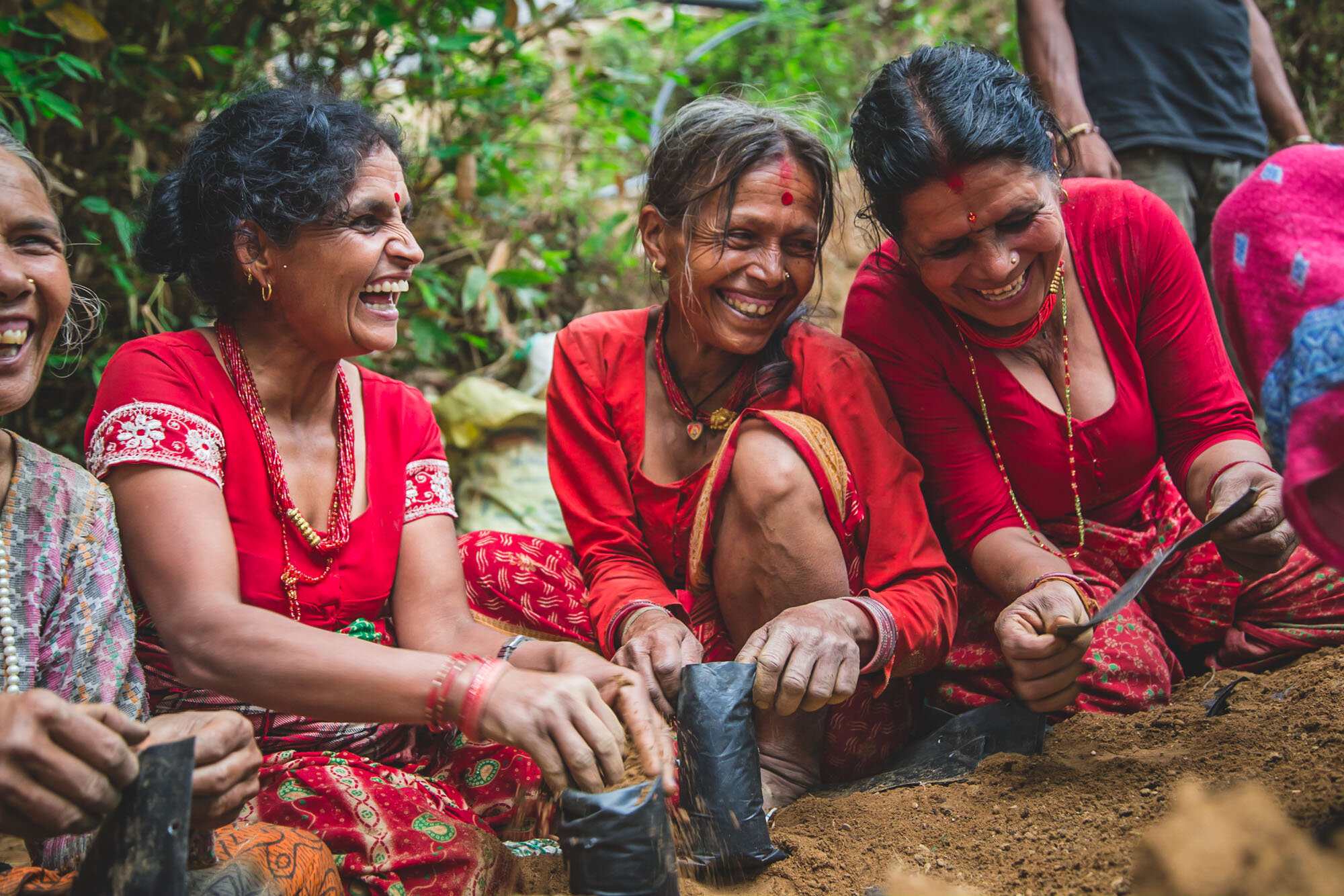
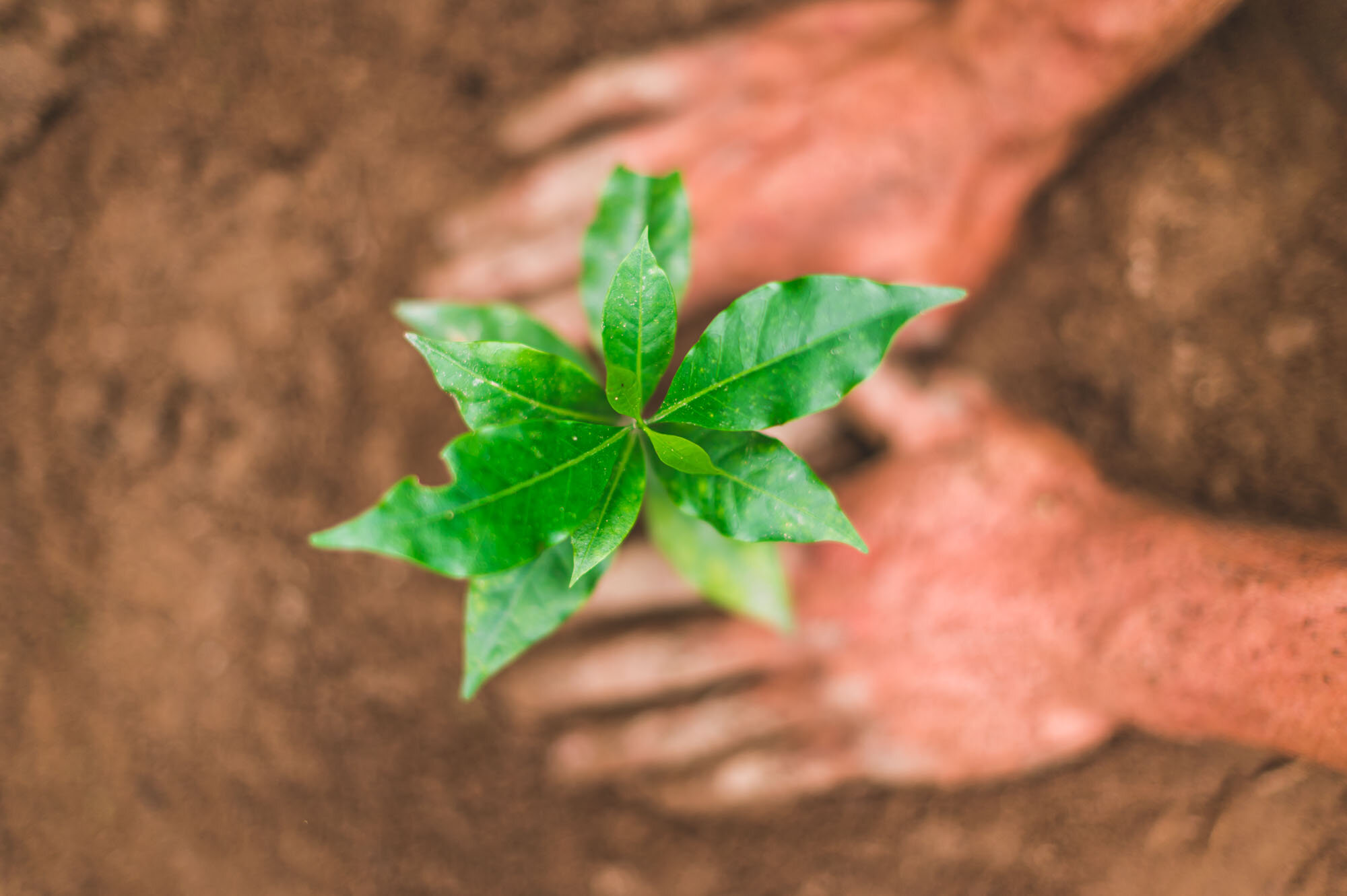
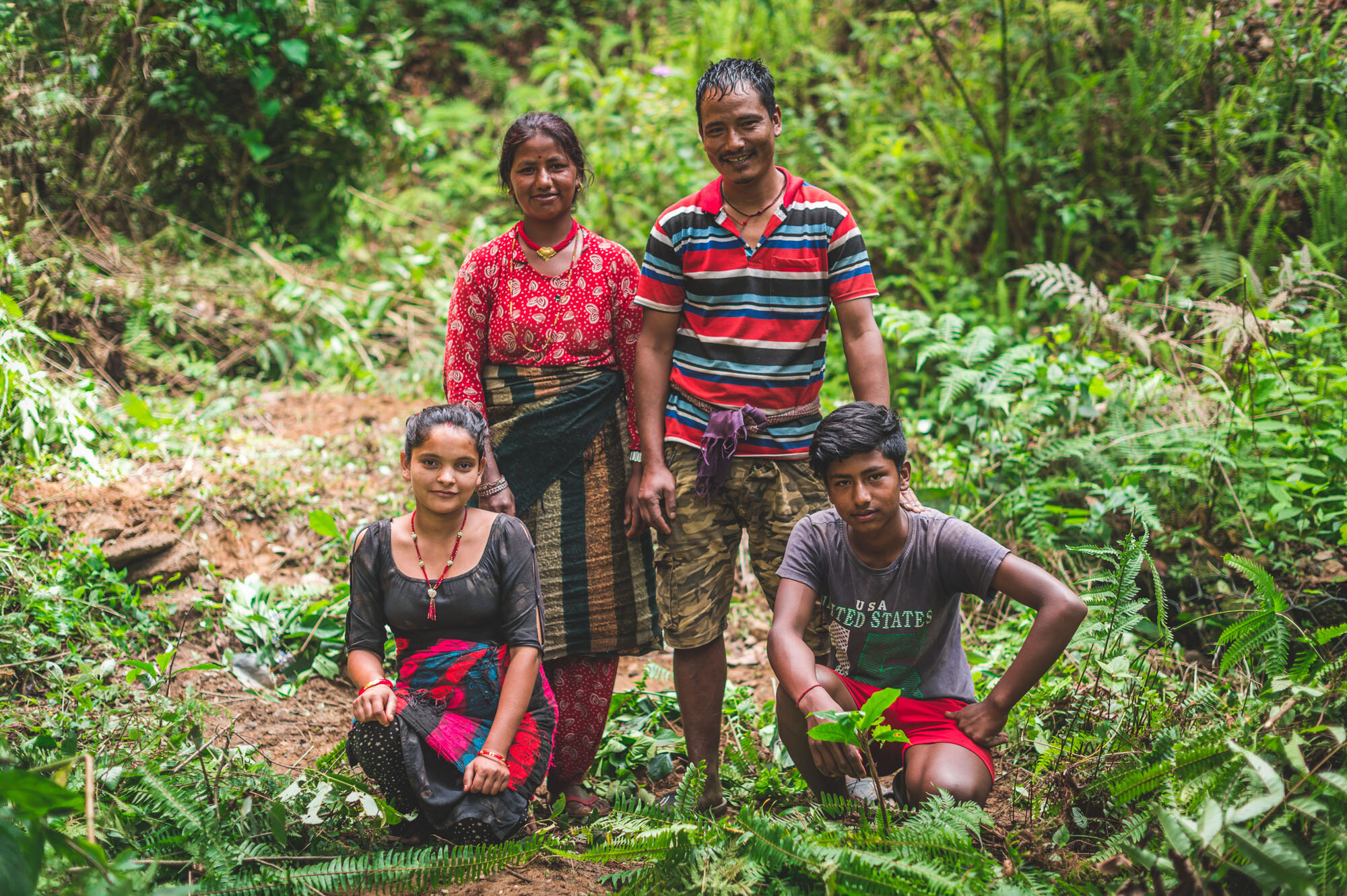
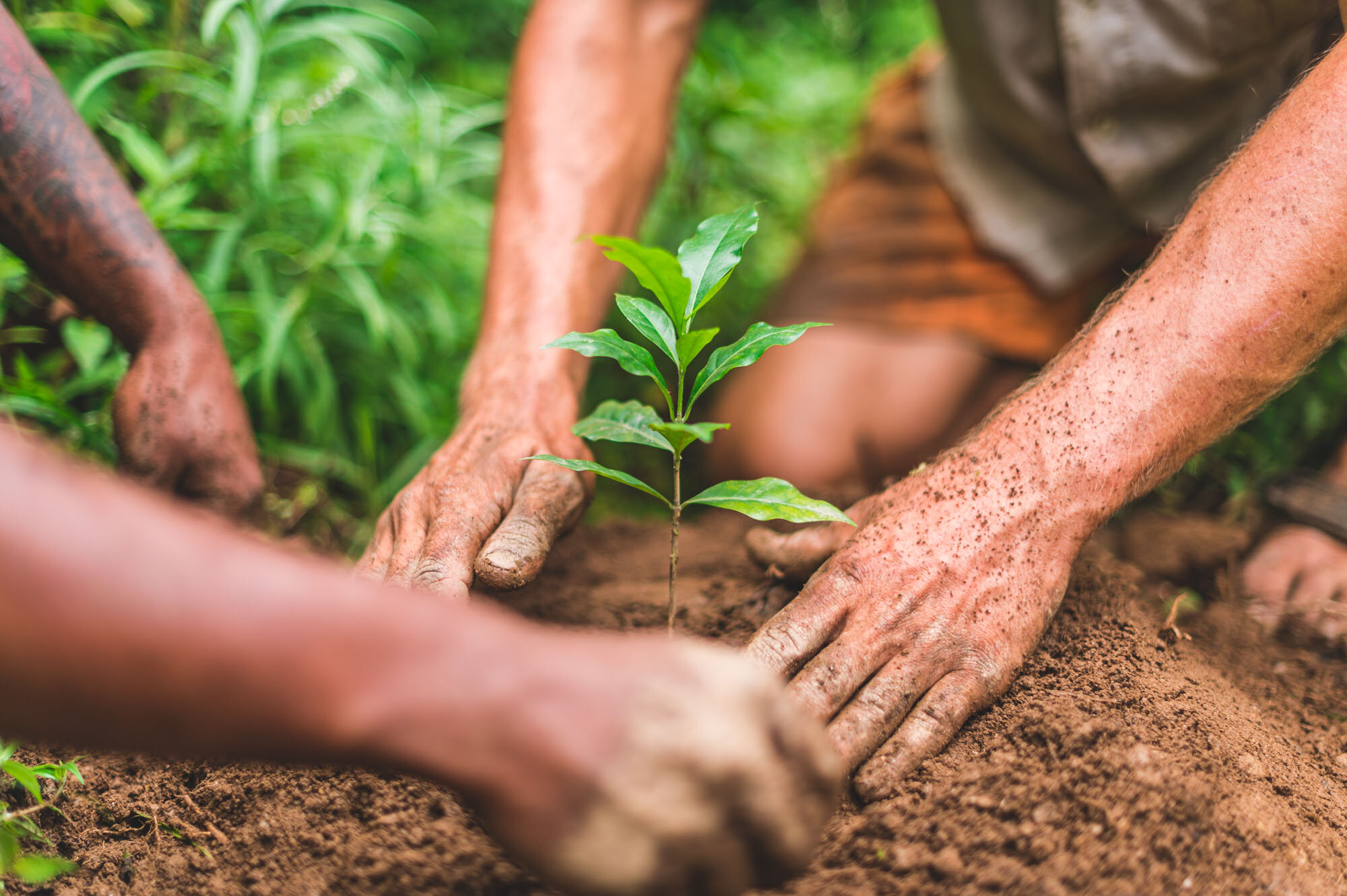
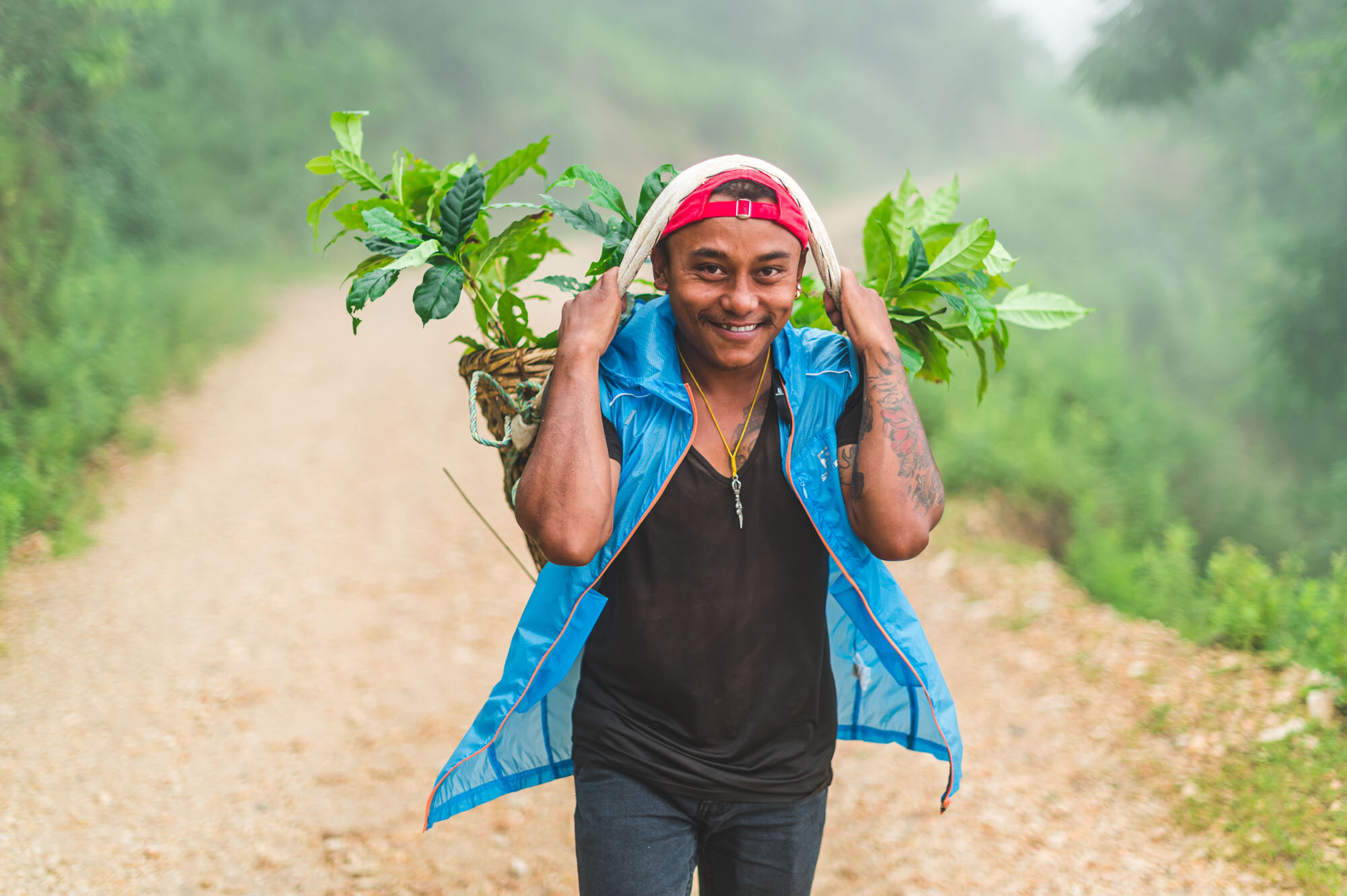
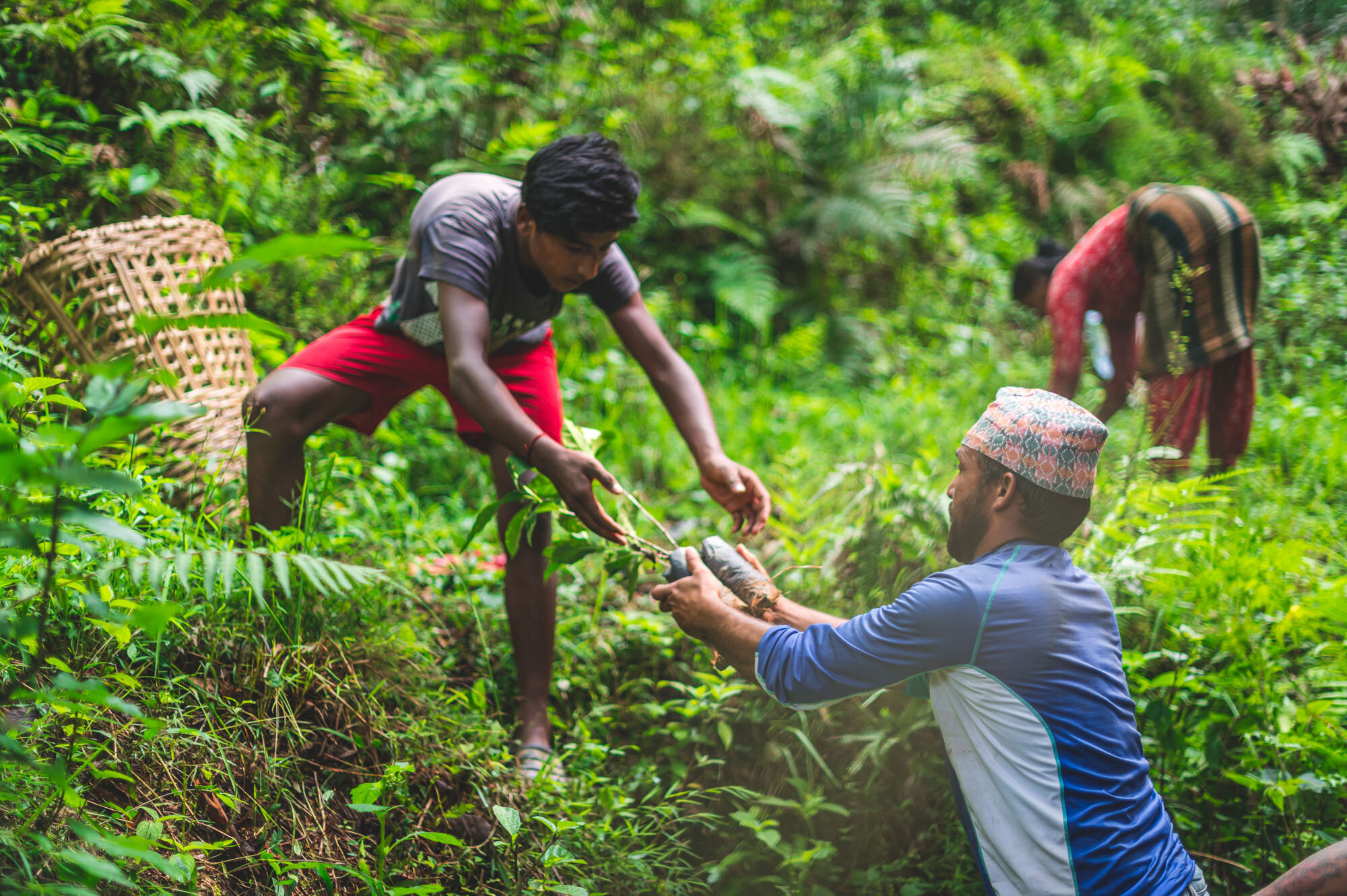
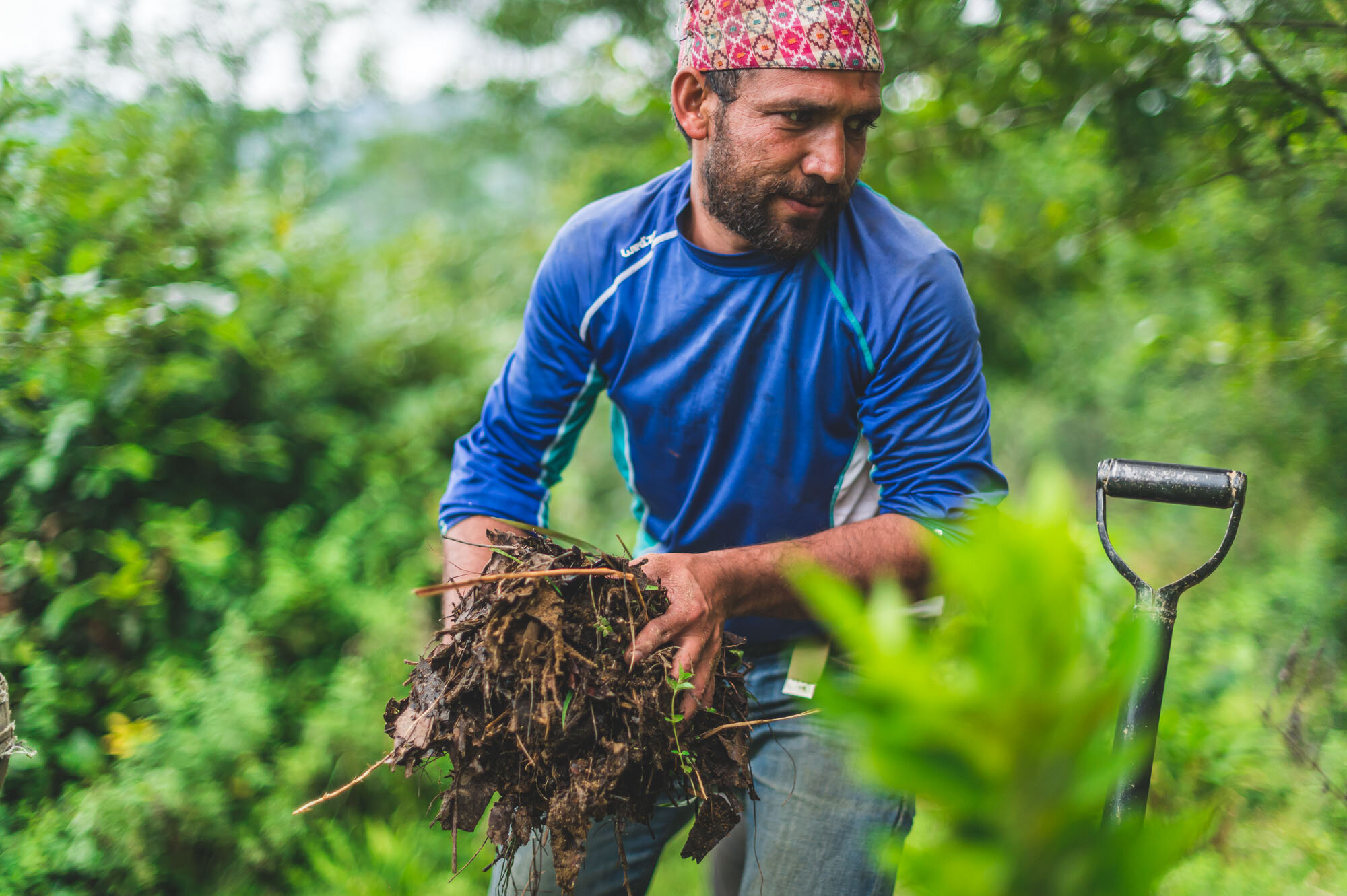
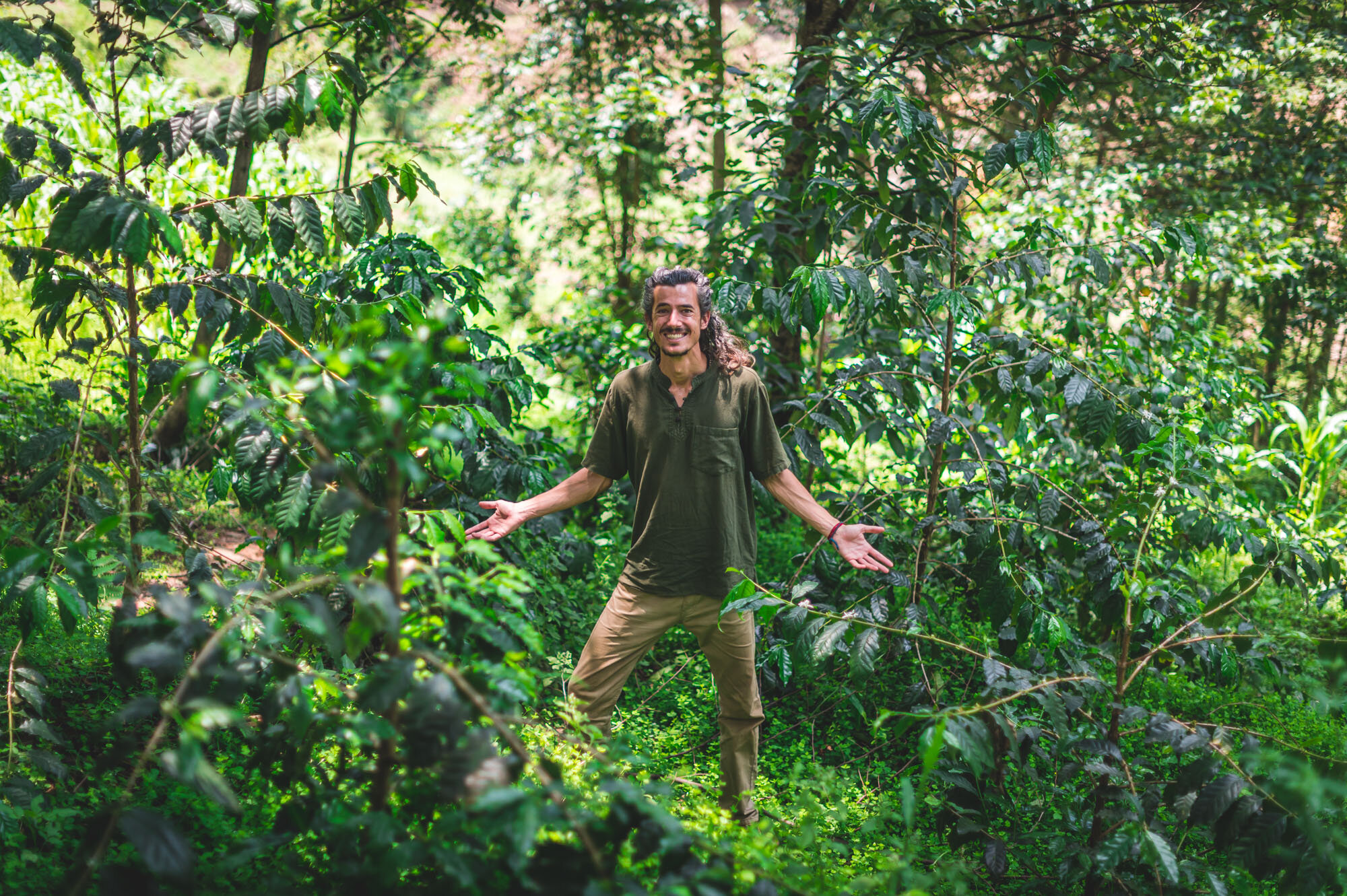
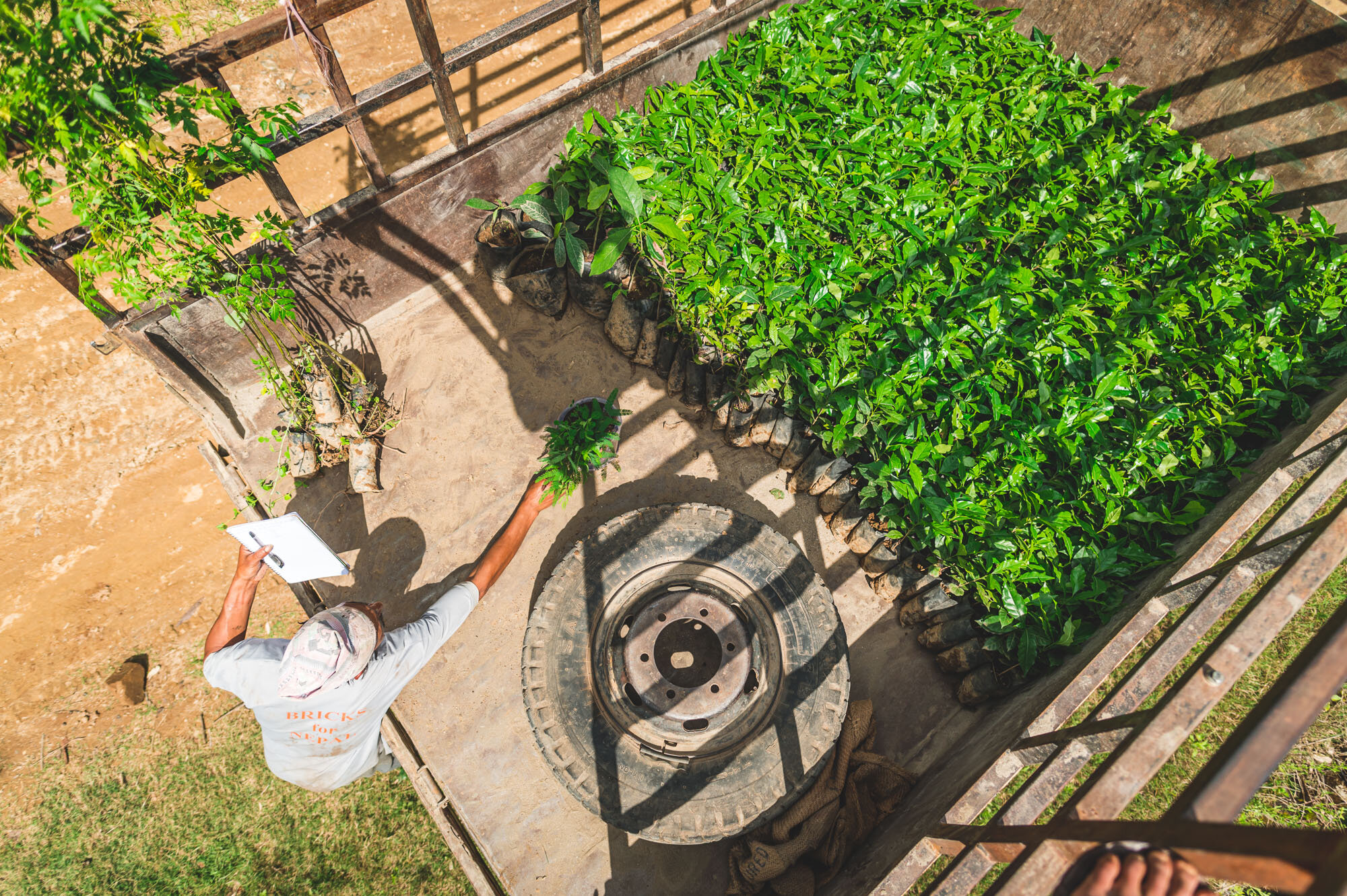
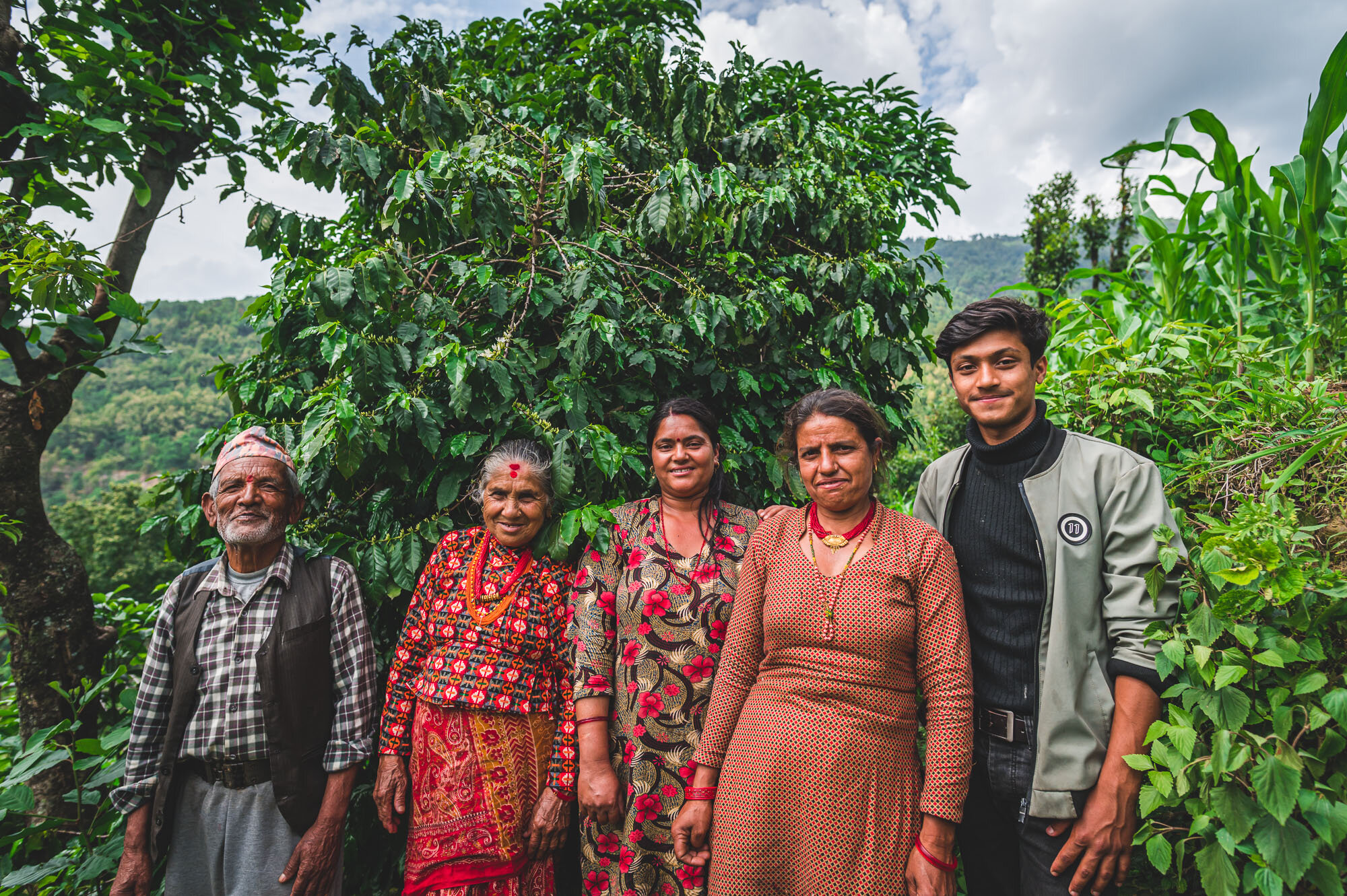
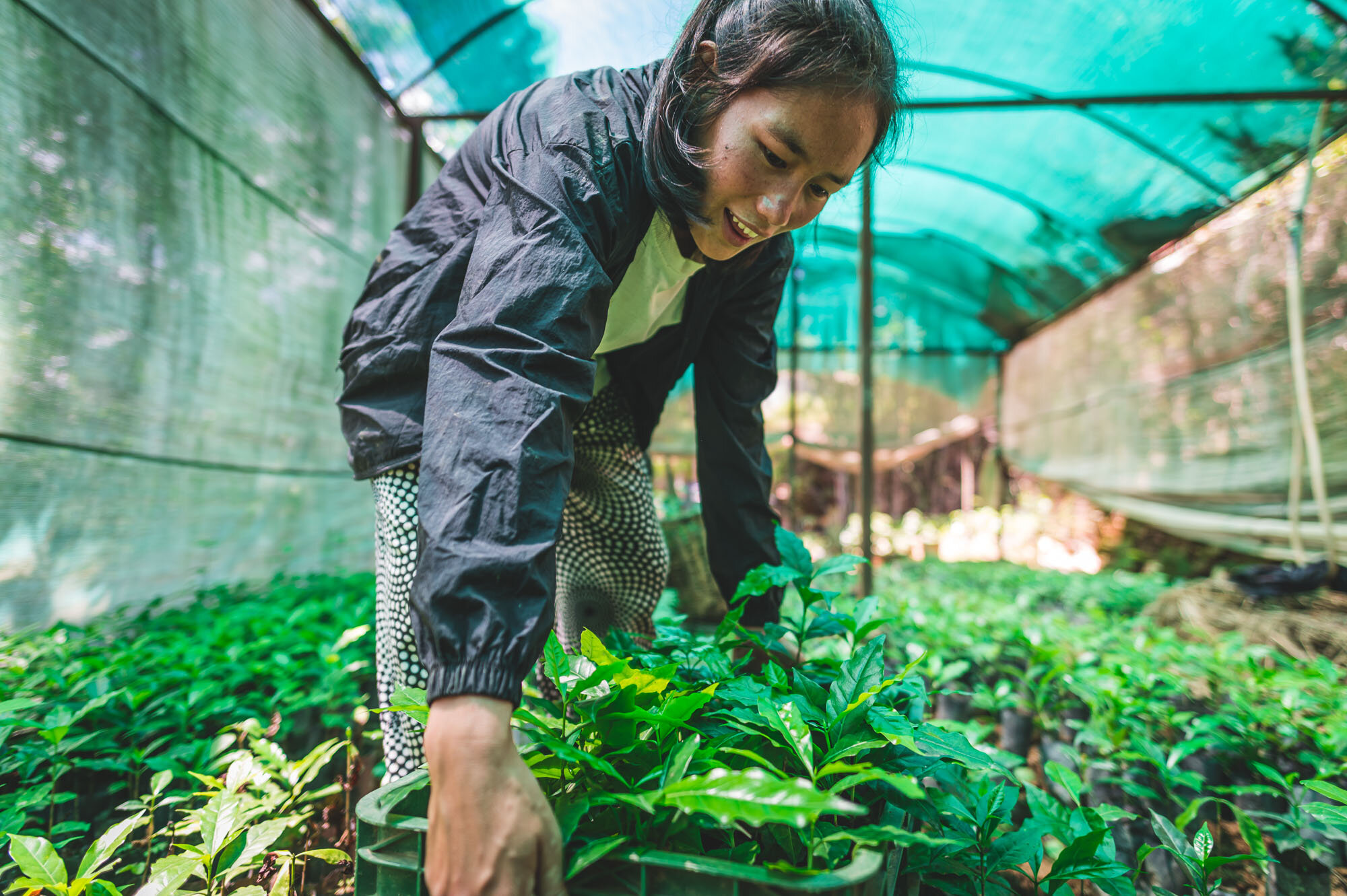
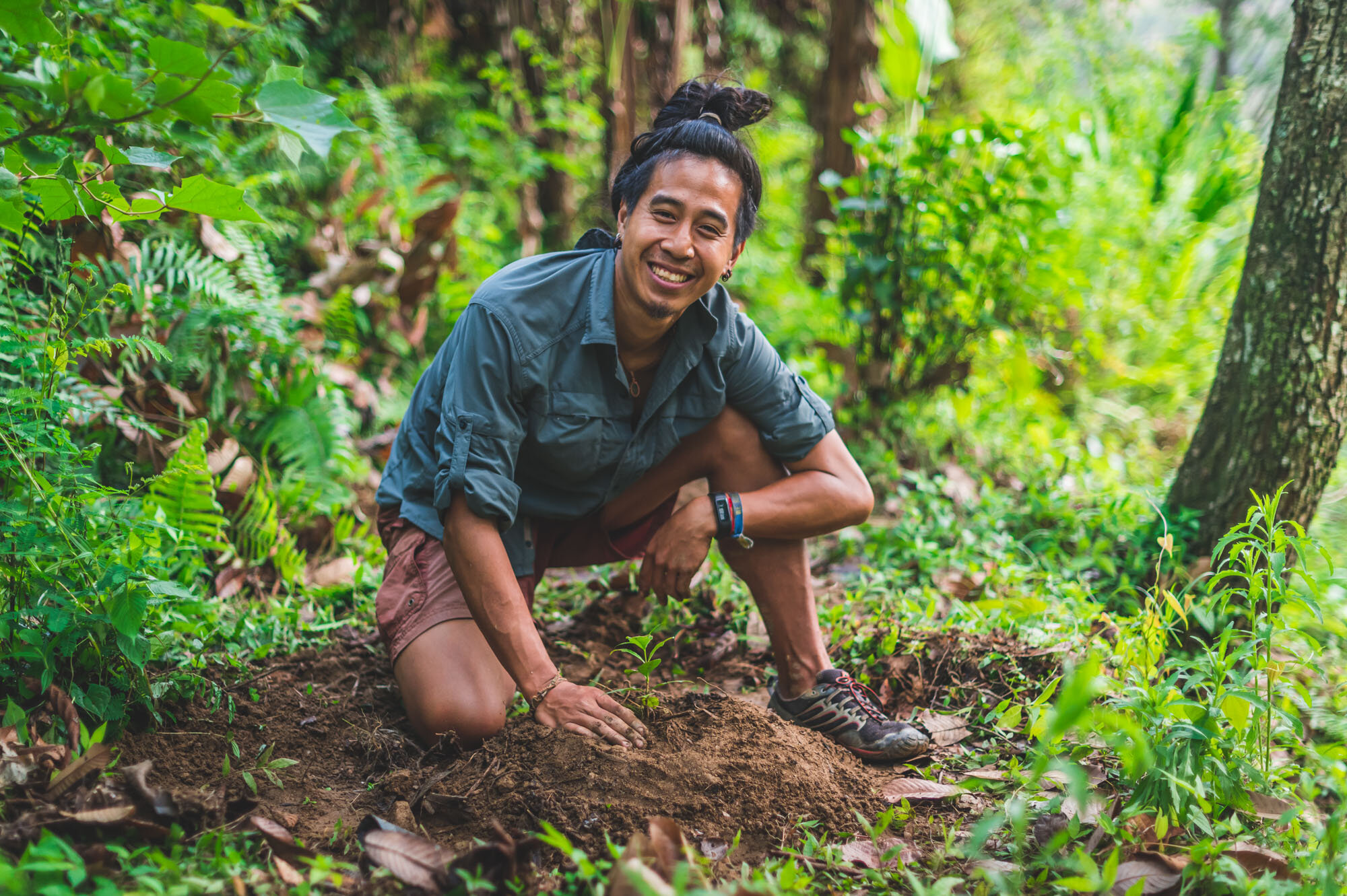
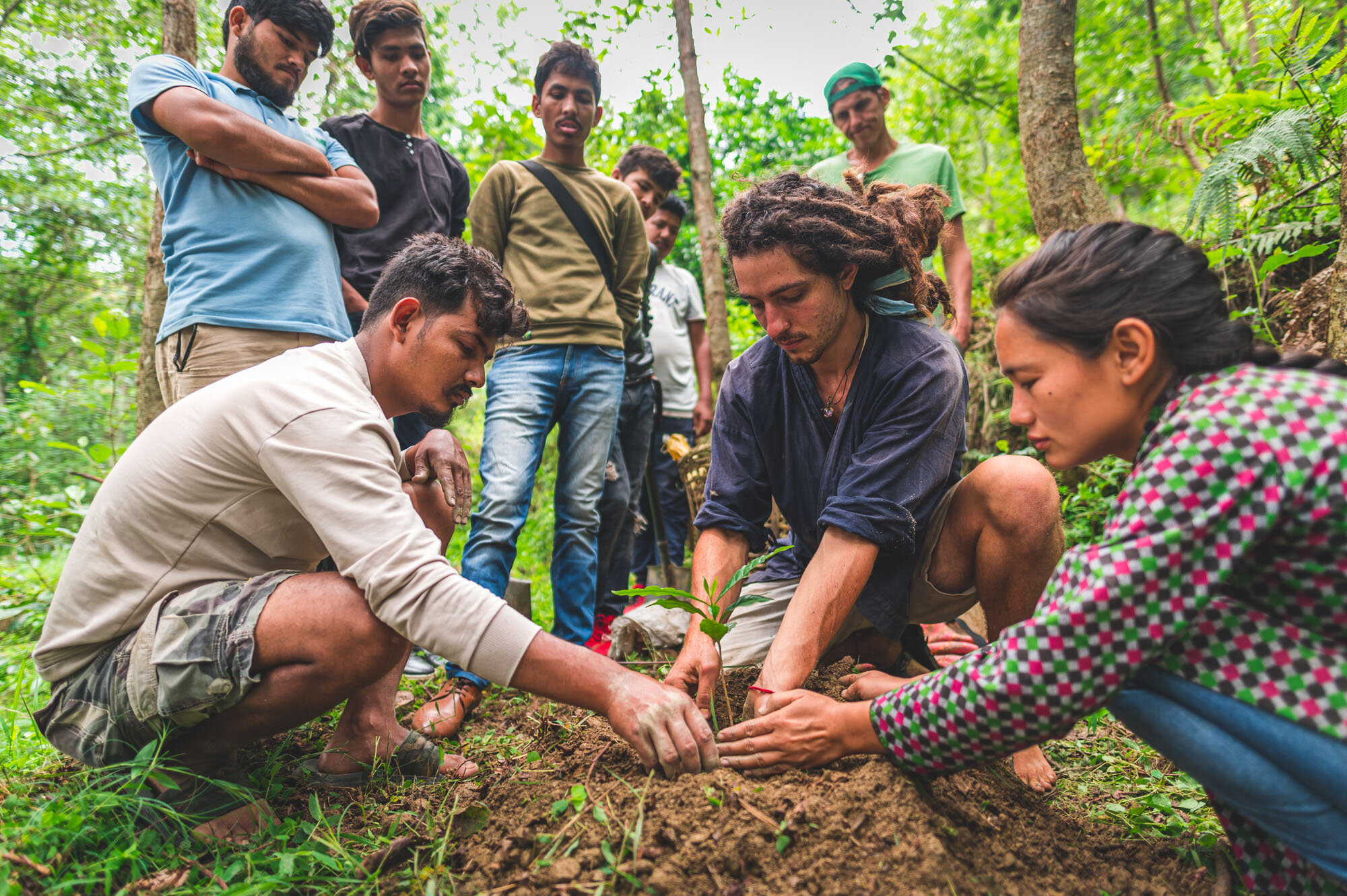
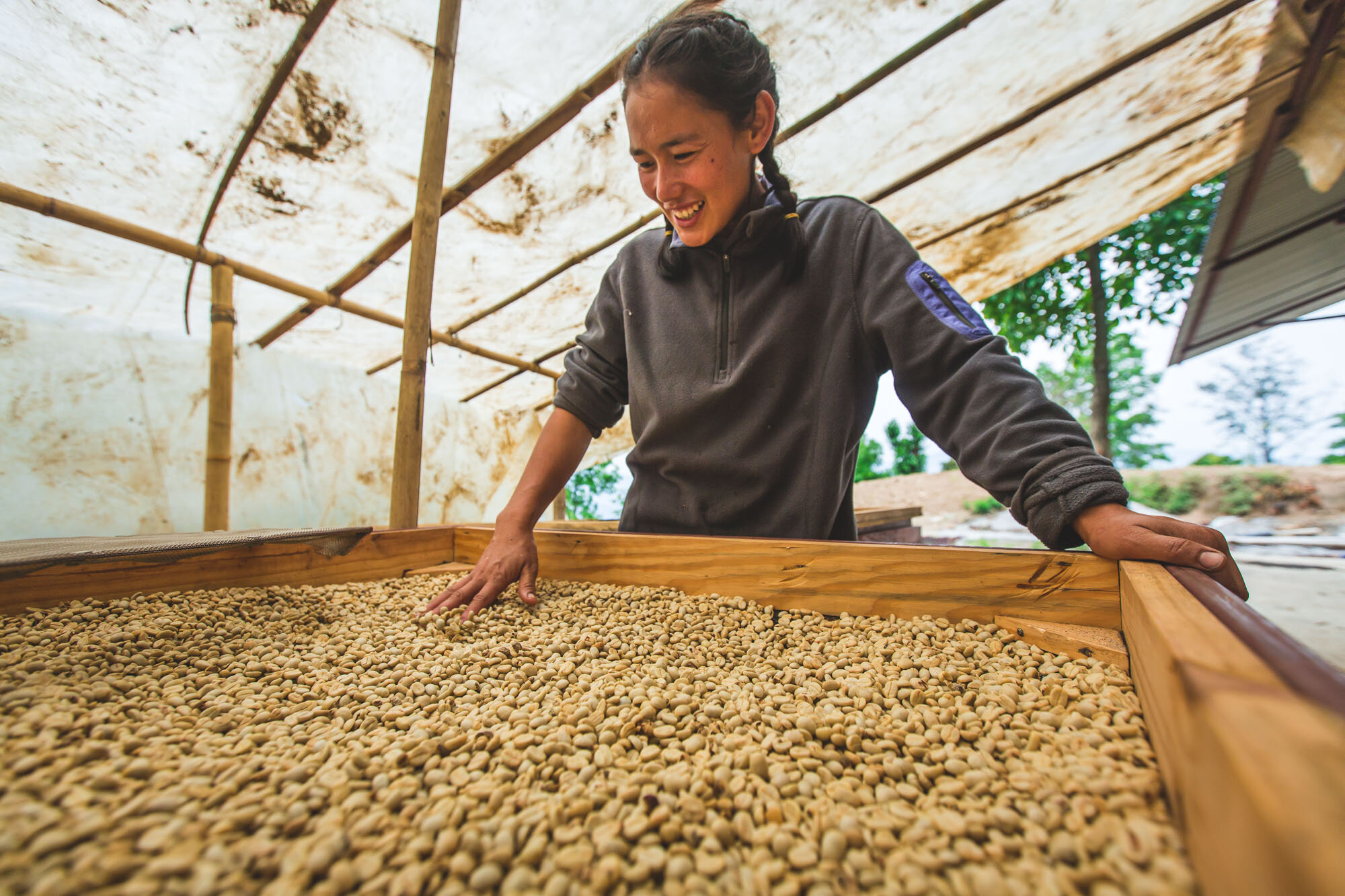
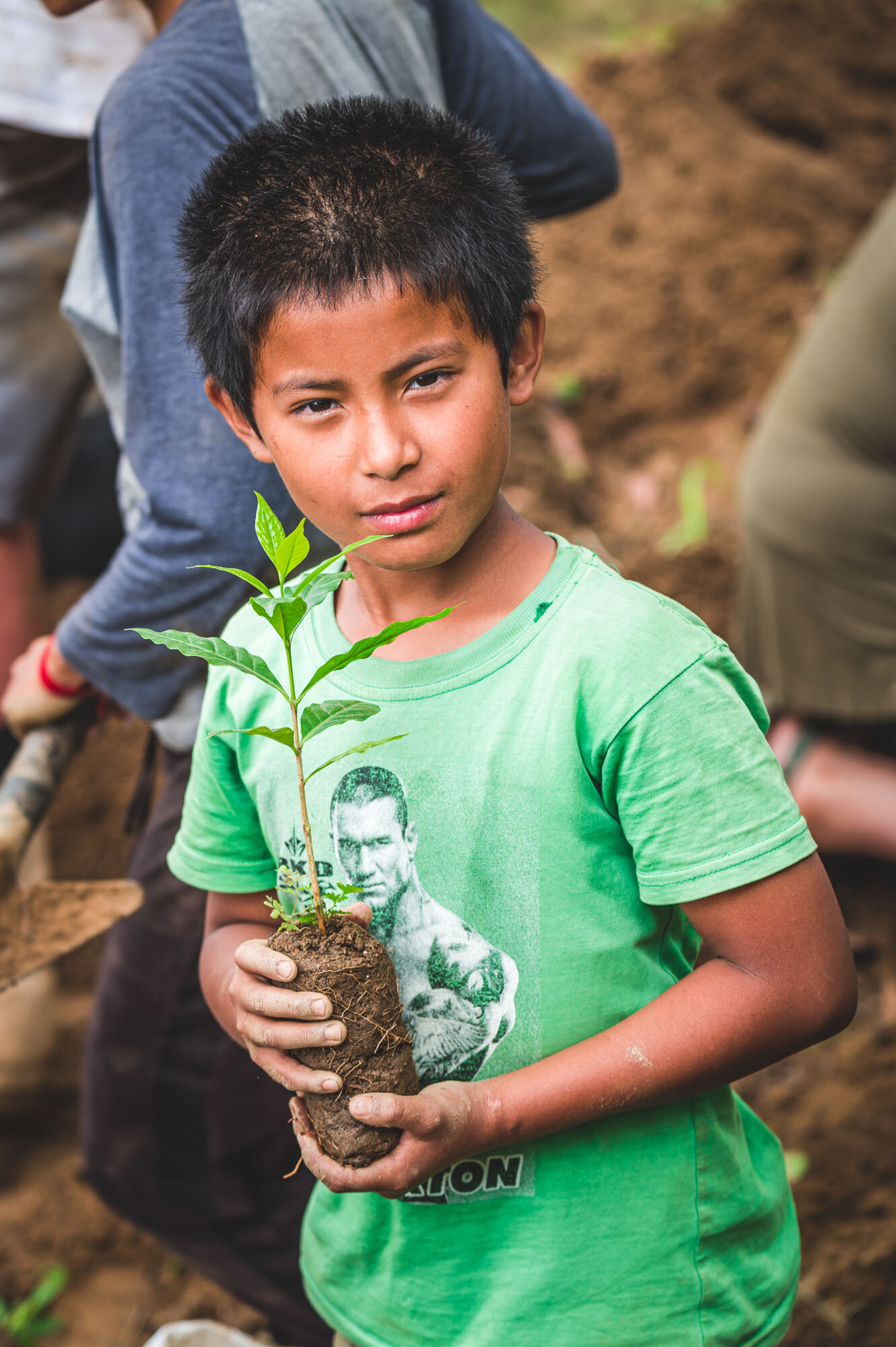
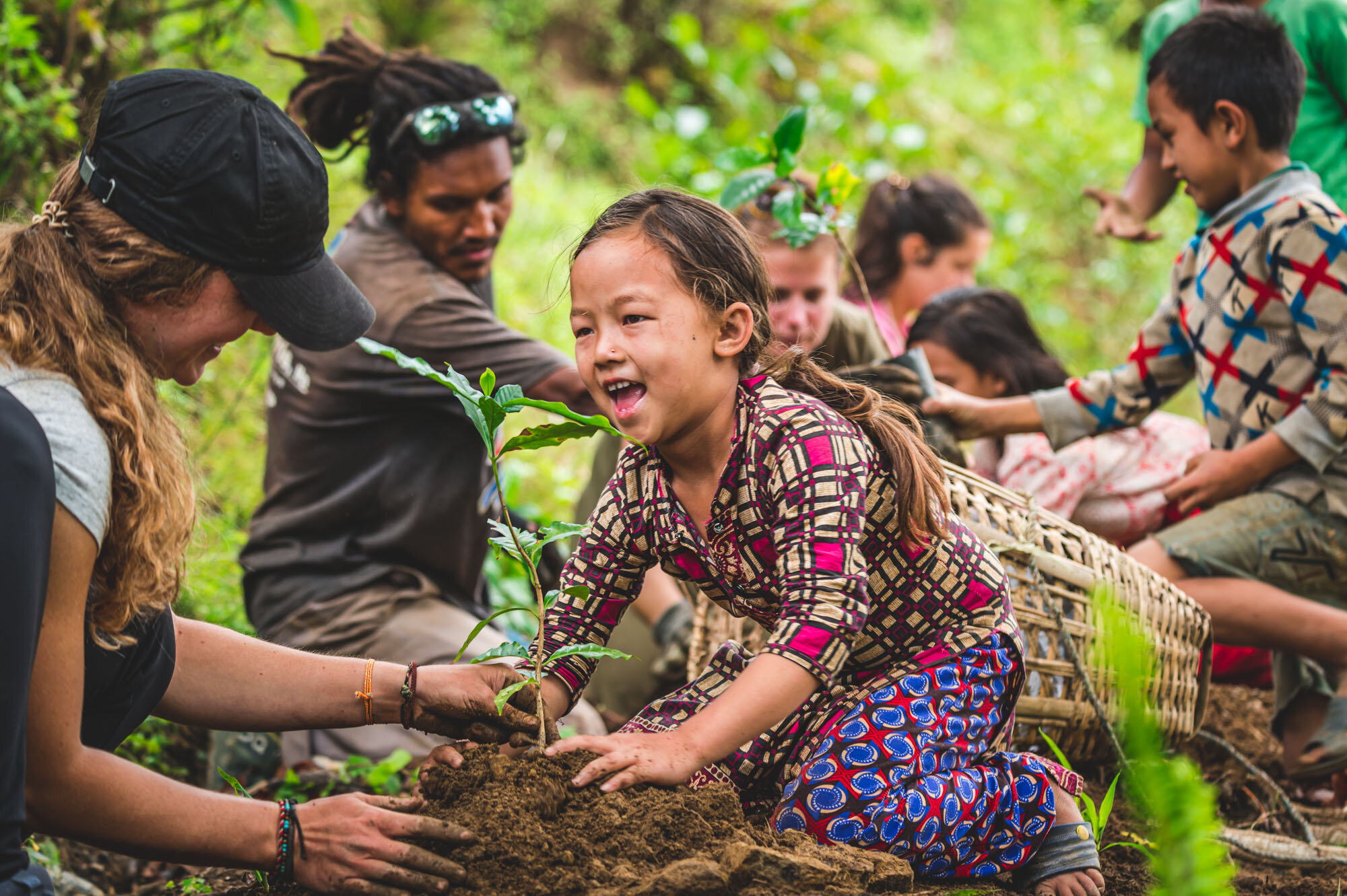
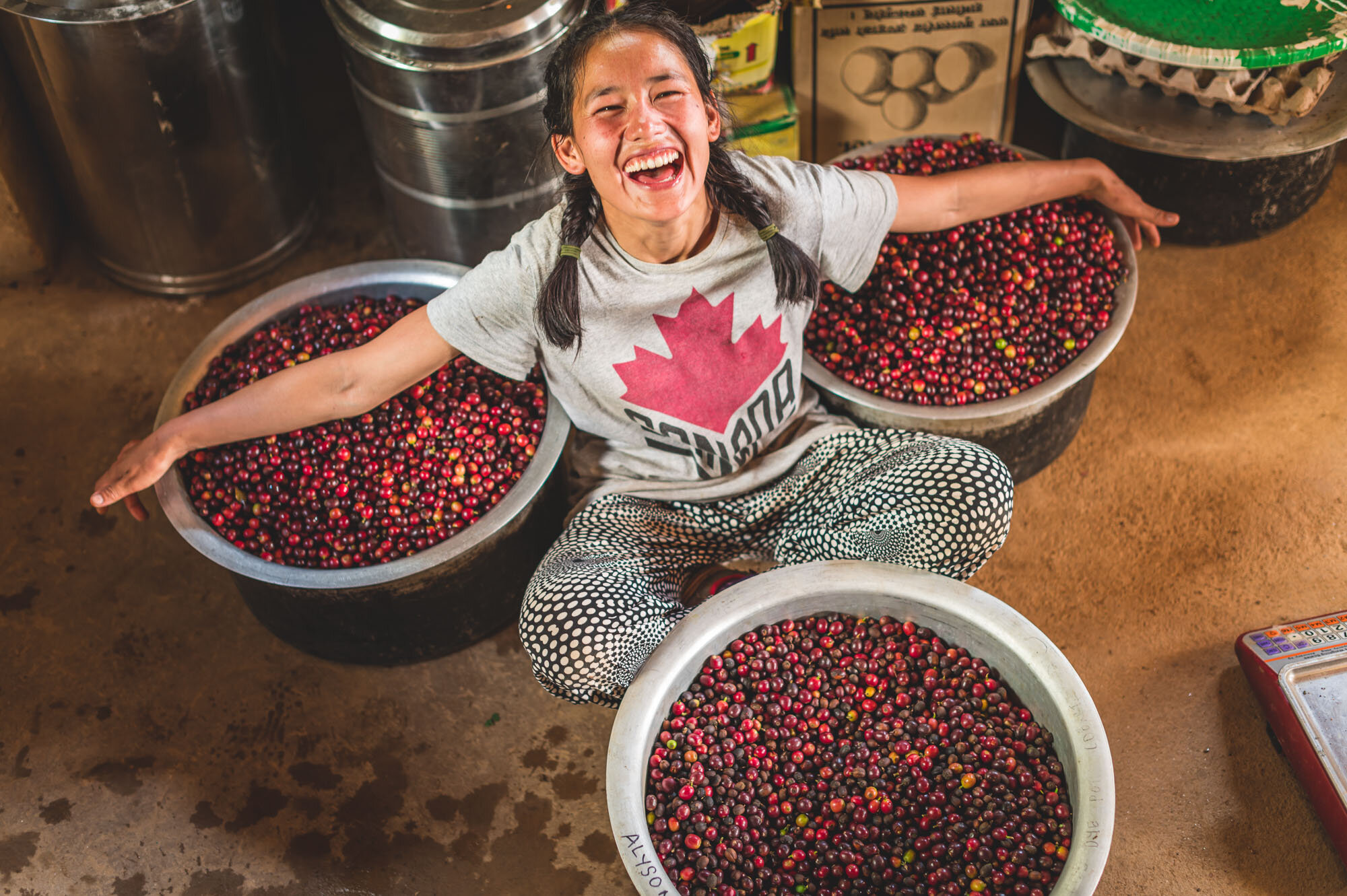
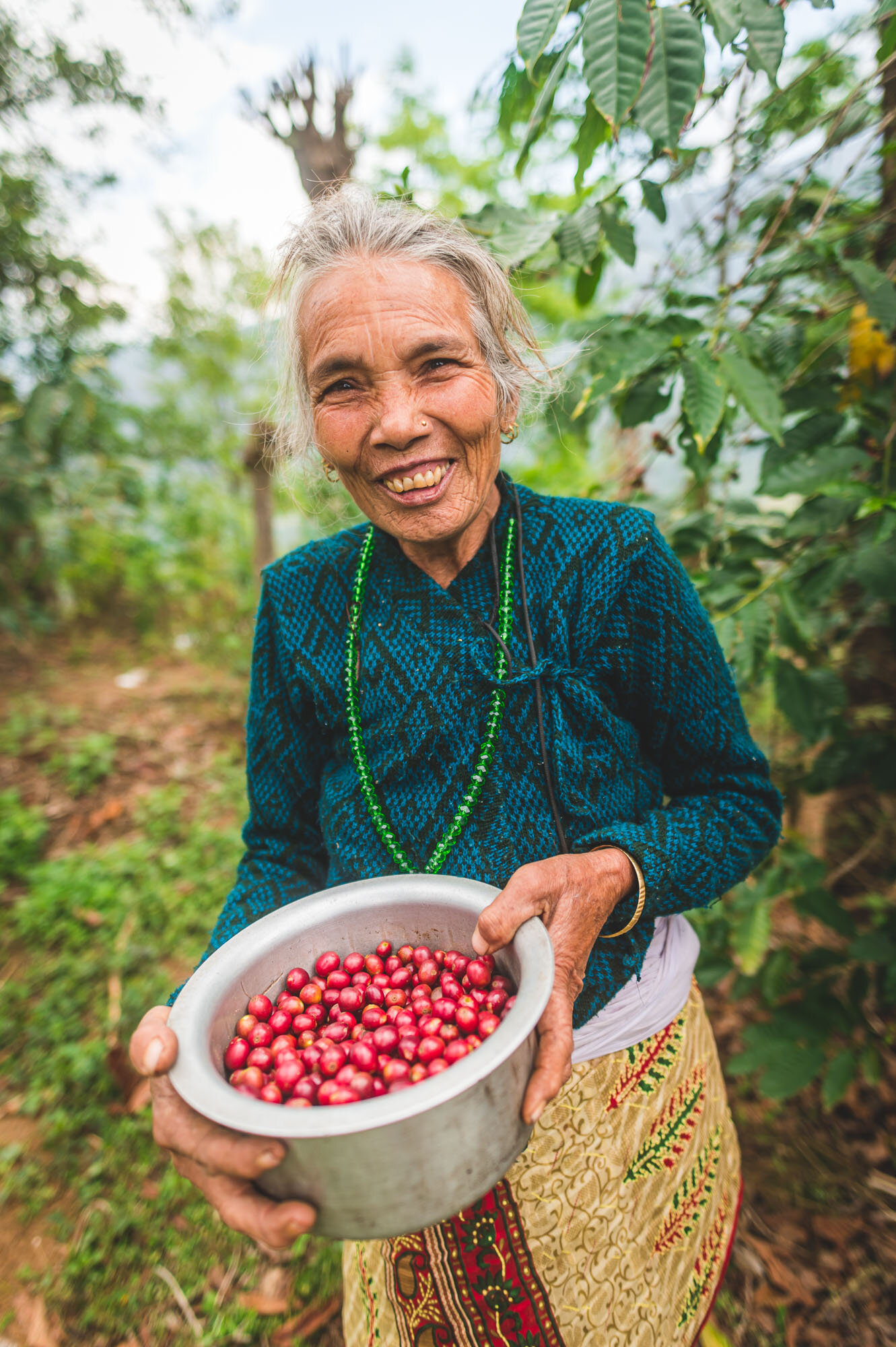
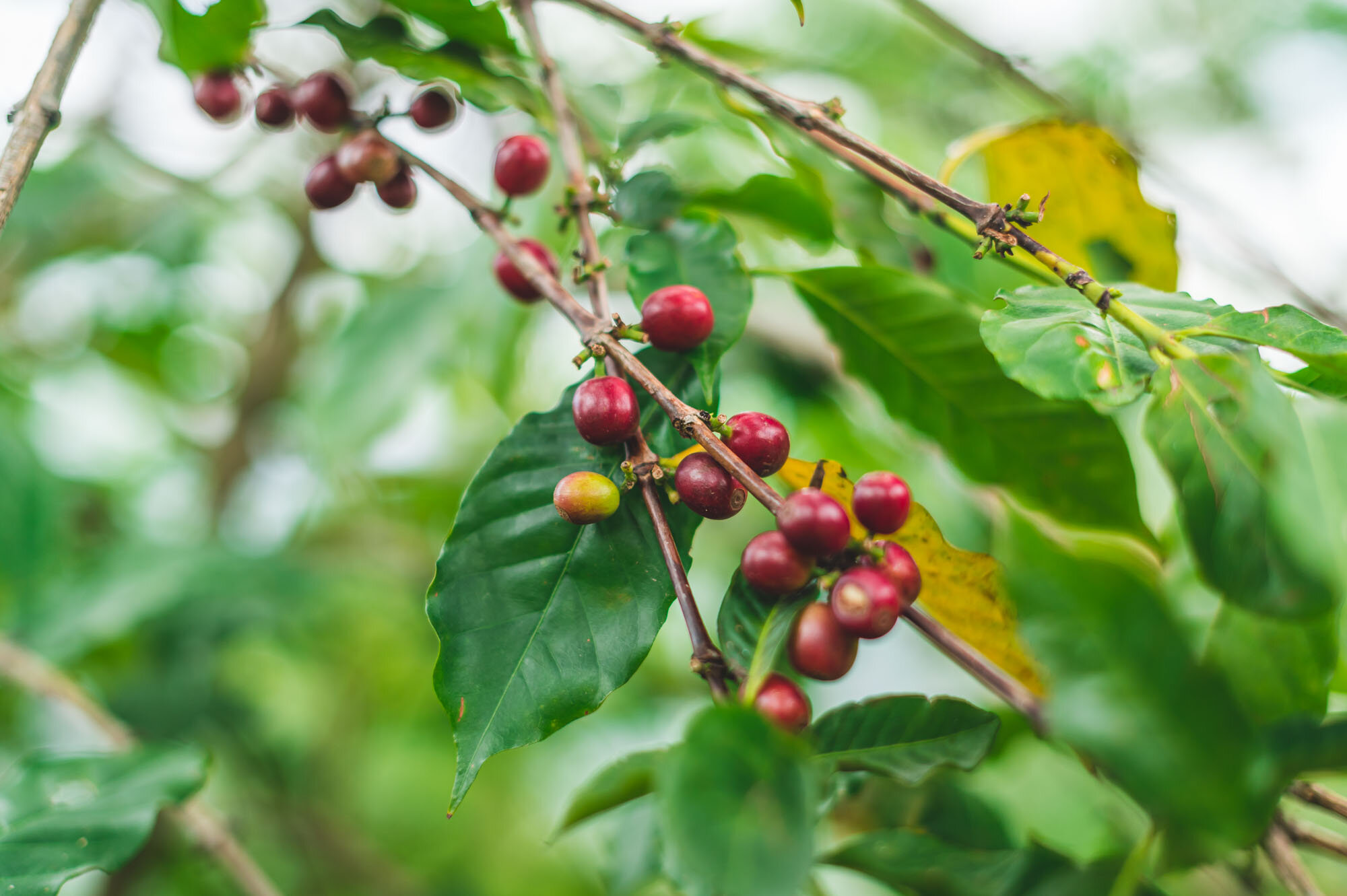
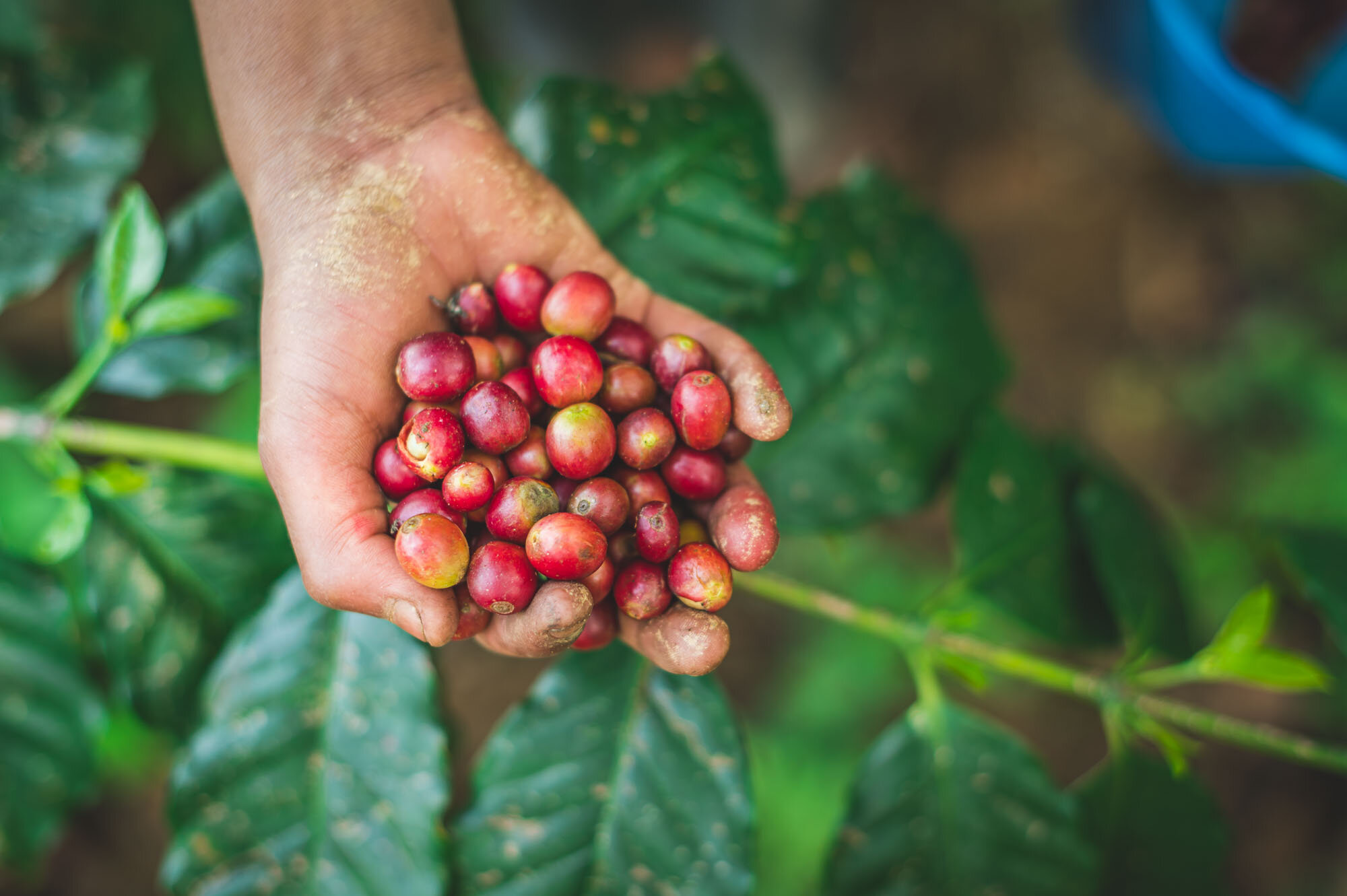
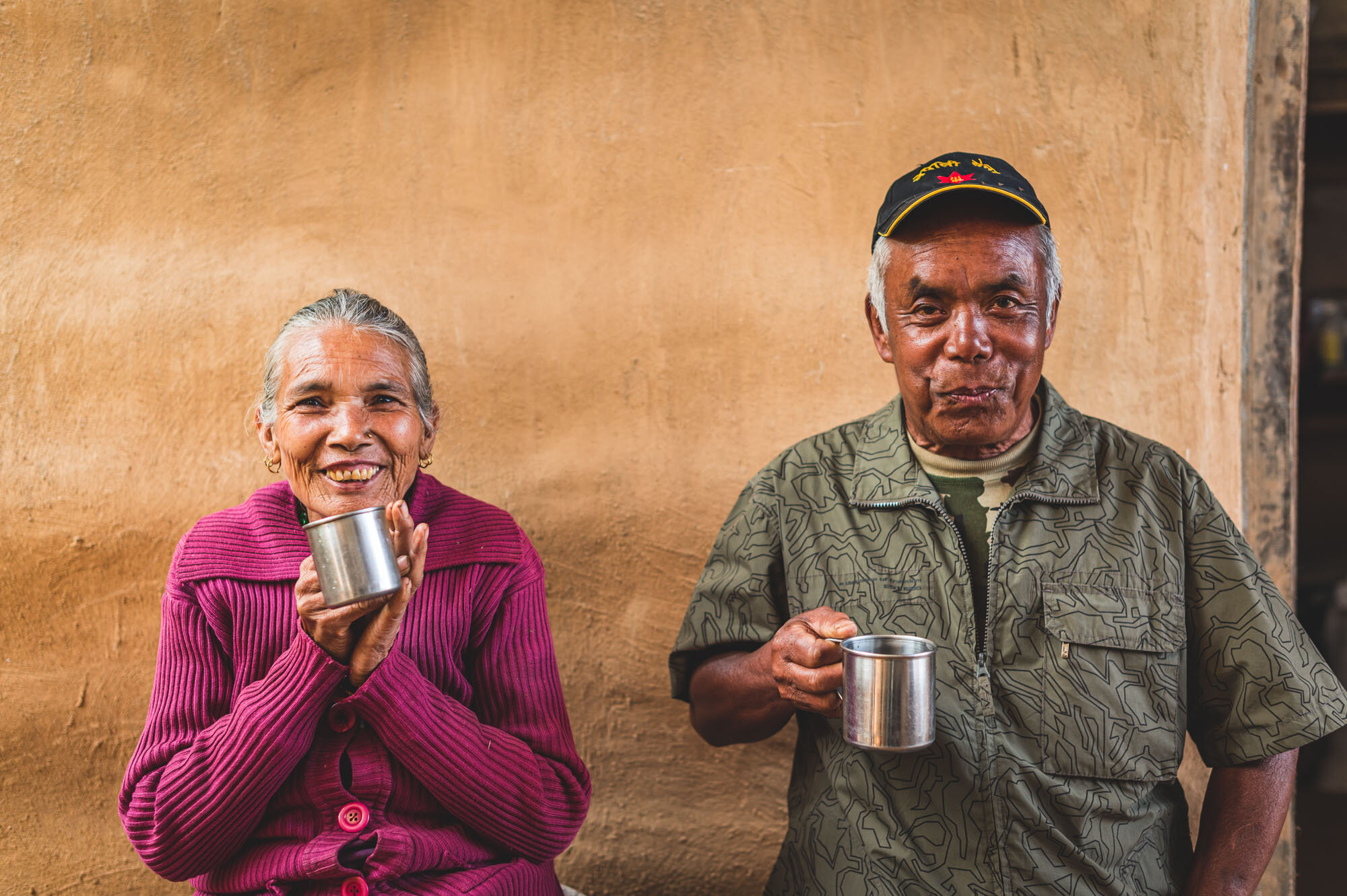
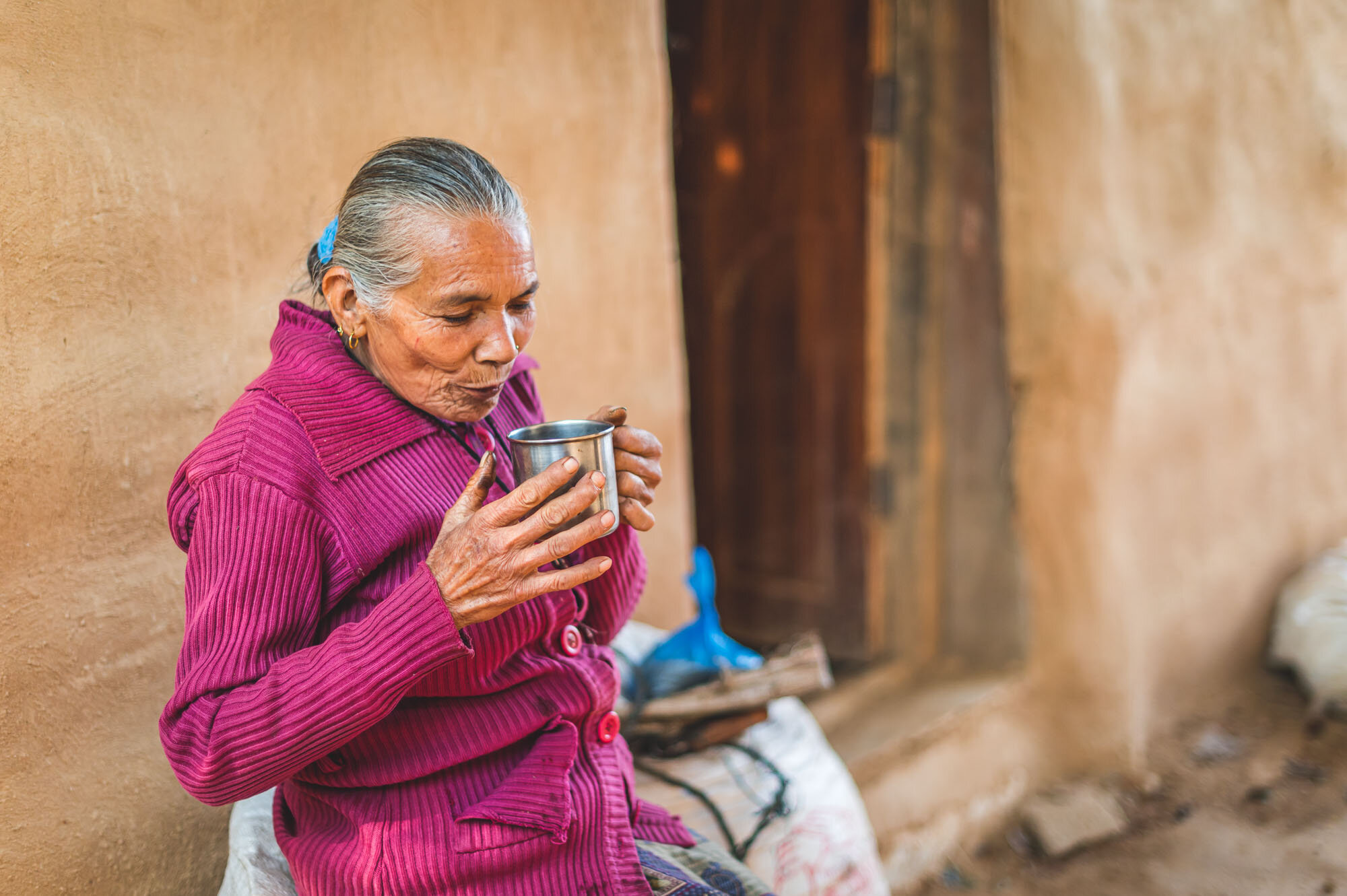
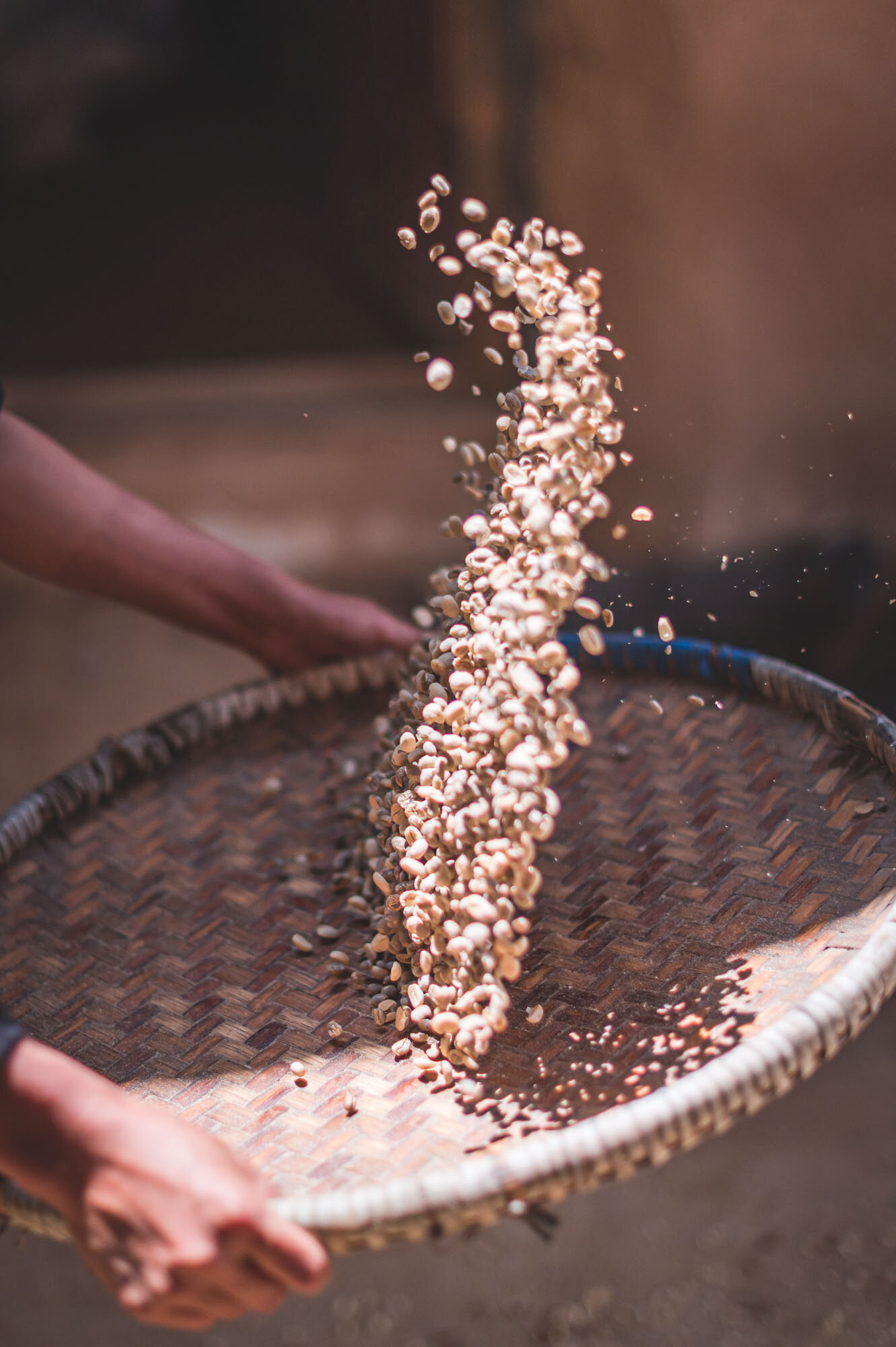
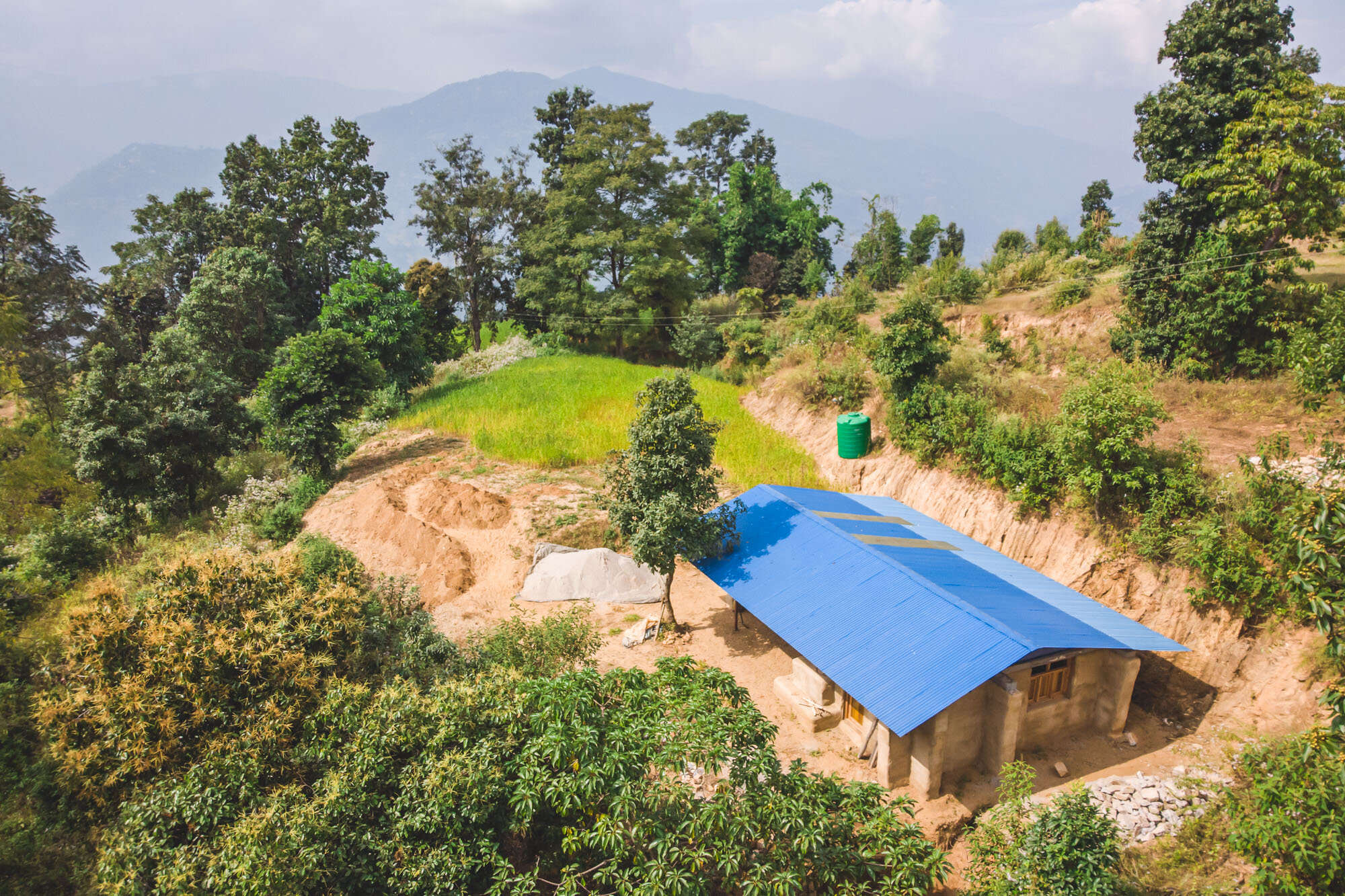
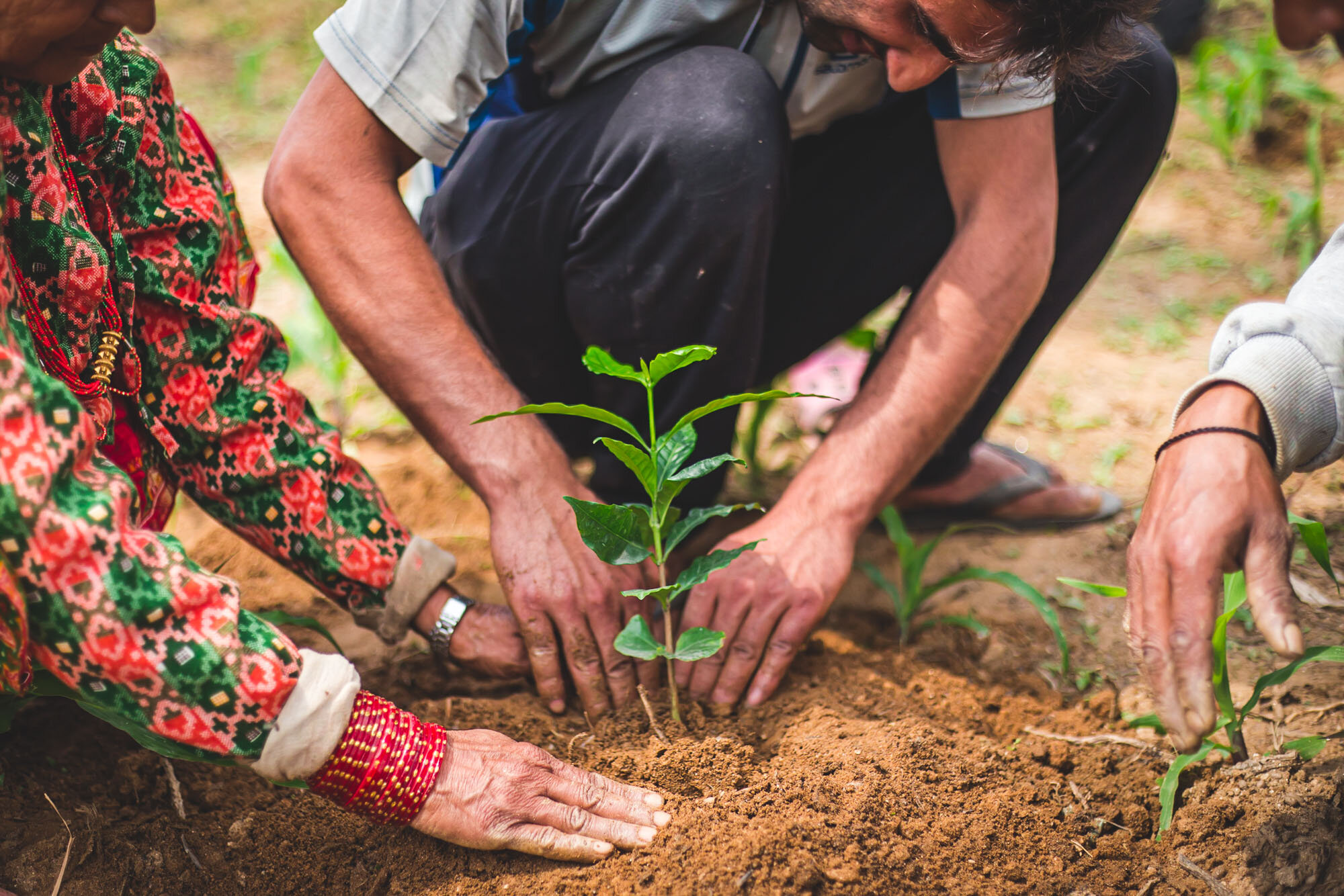
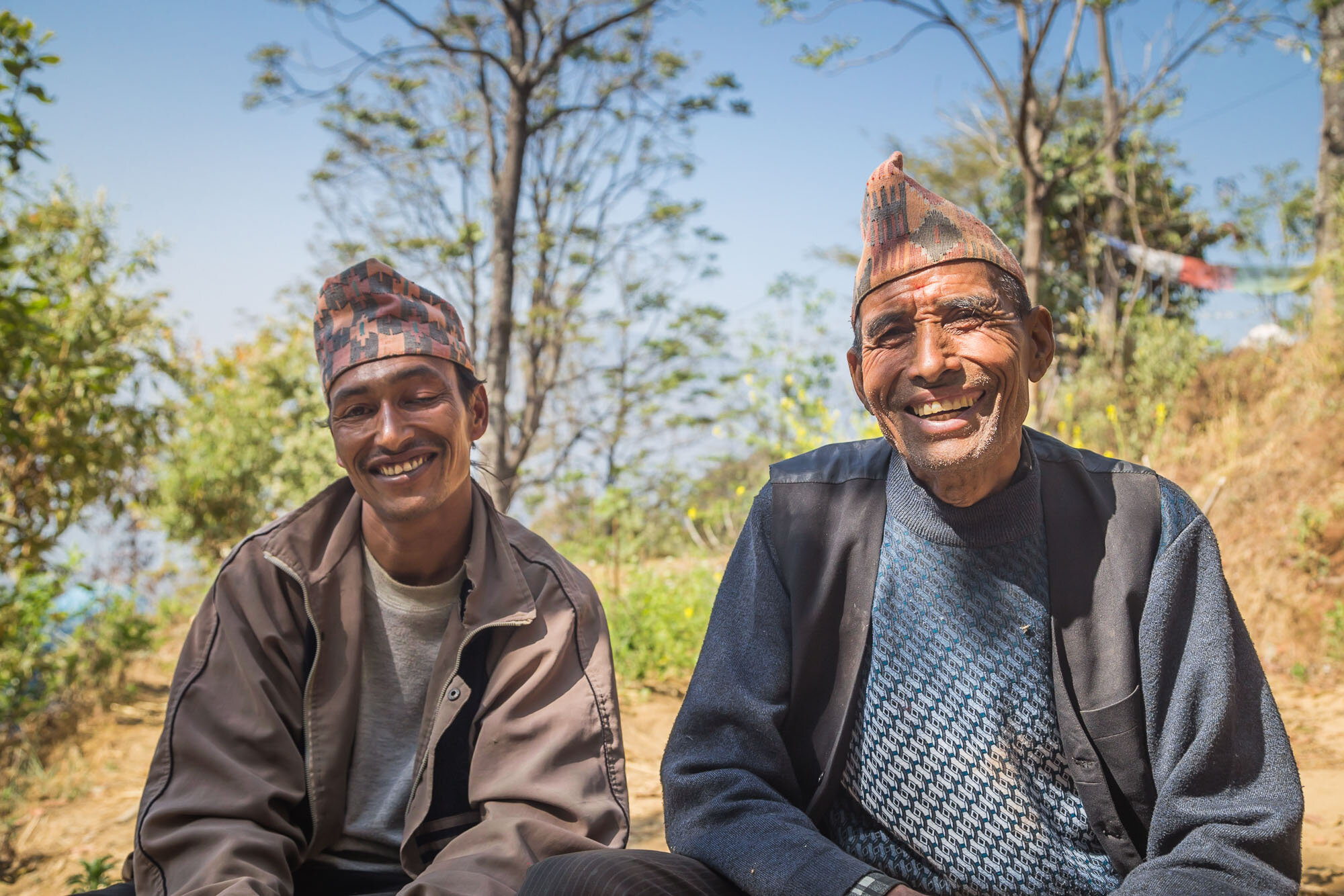
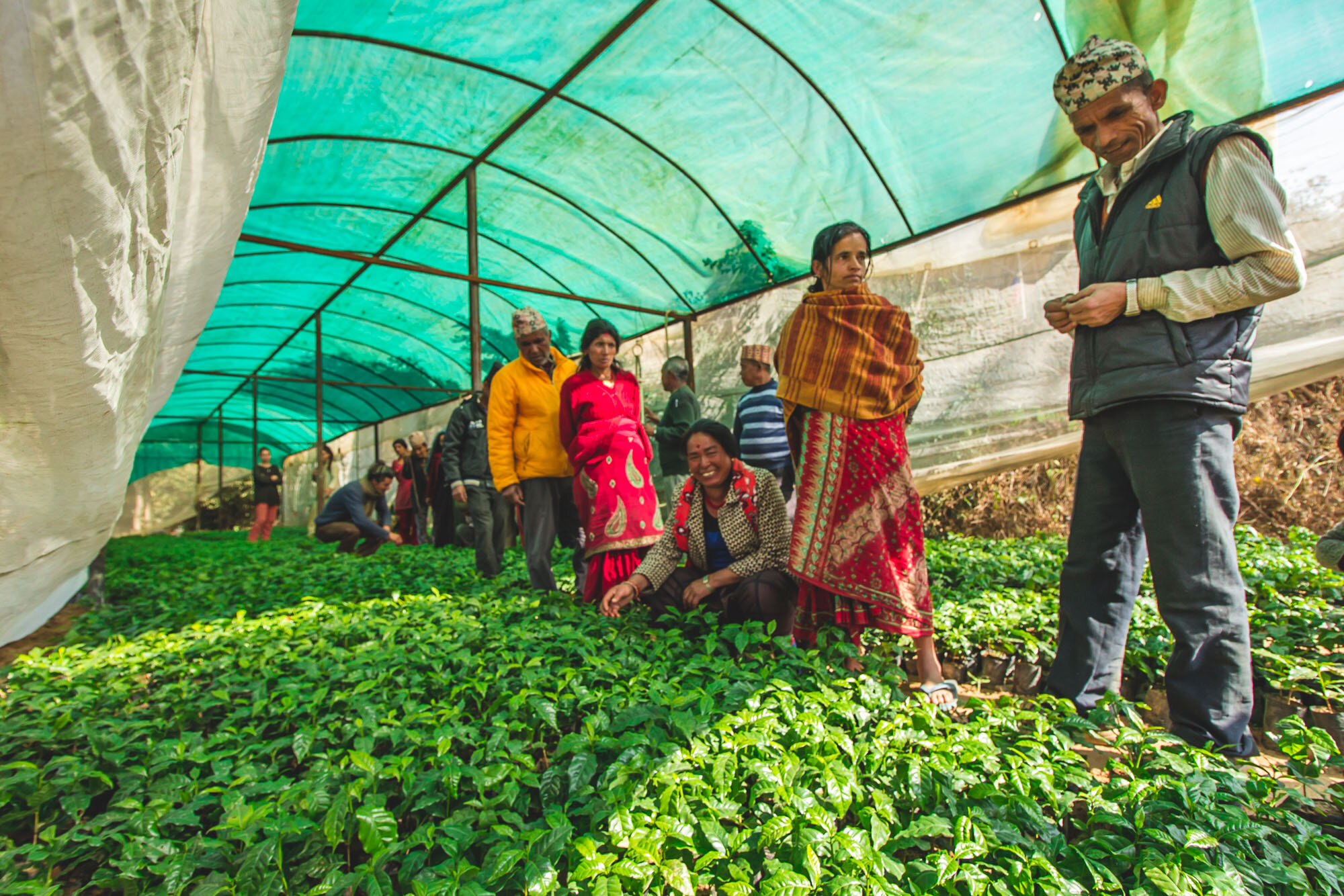
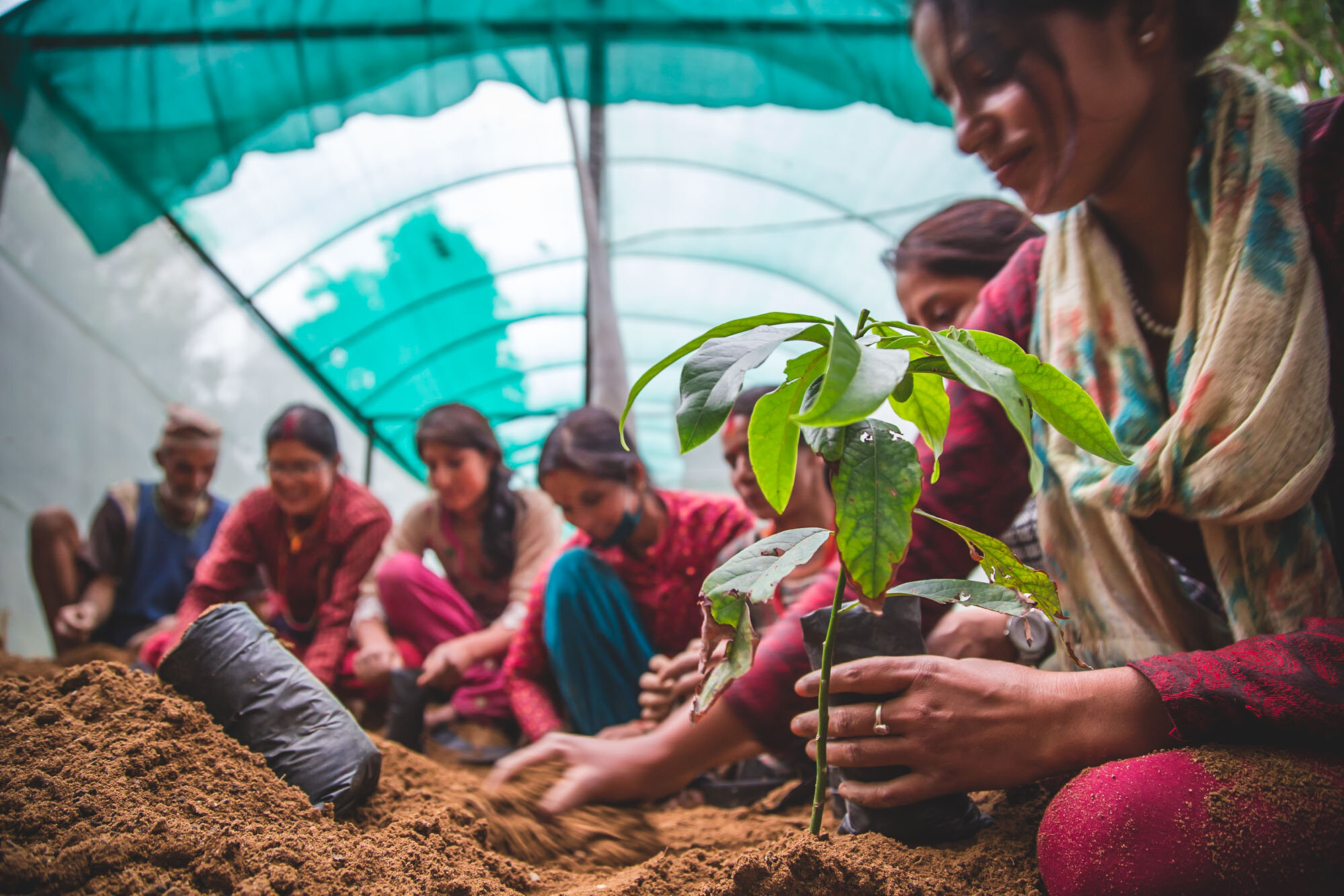
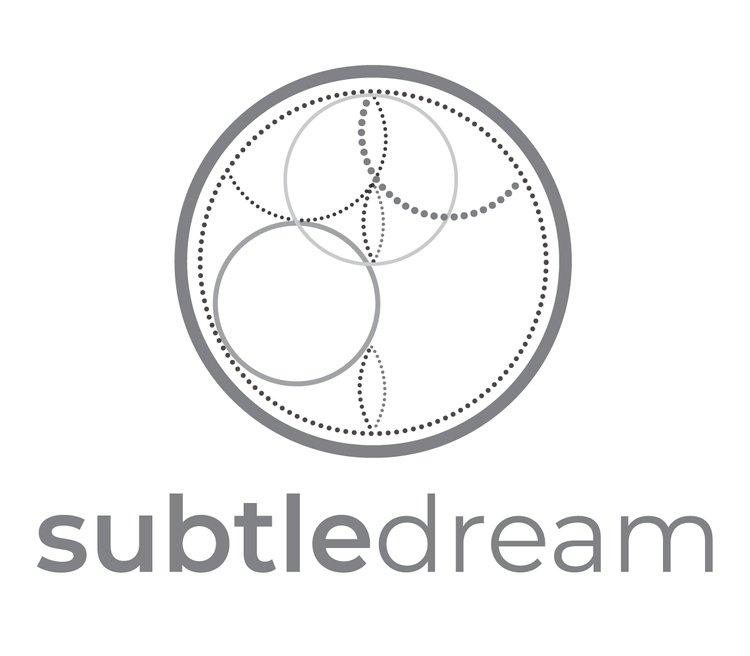
![CI_Ag_Program_Season2_[web]-170.jpg](https://images.squarespace-cdn.com/content/v1/596925be914e6b4a9479f272/1600205609426-AL8PAP210D1WRUUS5F0X/CI_Ag_Program_Season2_%5Bweb%5D-170.jpg)
![CI_Ag_Program_Season2_[web]-129.jpg](https://images.squarespace-cdn.com/content/v1/596925be914e6b4a9479f272/1600205536229-8IEB1T3W6TXJ1ZADRTFM/CI_Ag_Program_Season2_%5Bweb%5D-129.jpg)
![CI_Ag_Program_Season2_[web]-193.jpg](https://images.squarespace-cdn.com/content/v1/596925be914e6b4a9479f272/1600205567722-W3O4JYNE2HR4ZXN7HHB8/CI_Ag_Program_Season2_%5Bweb%5D-193.jpg)
![CI_Ag_Program_Season2_[web]-194.jpg](https://images.squarespace-cdn.com/content/v1/596925be914e6b4a9479f272/1600205586807-SO7LIBF1KB4WKVIE69CR/CI_Ag_Program_Season2_%5Bweb%5D-194.jpg)
![CI_Ag_Program_Season2_[web]-35.jpg](https://images.squarespace-cdn.com/content/v1/596925be914e6b4a9479f272/1600205618943-7DPSGIEJJSNTWB92S496/CI_Ag_Program_Season2_%5Bweb%5D-35.jpg)
![Coffee-coop-training-[Rebeca]-24.jpg](https://images.squarespace-cdn.com/content/v1/596925be914e6b4a9479f272/1600205471743-FRTGXMAND1EM9SJE6ZTJ/Coffee-coop-training-%5BRebeca%5D-24.jpg)




















